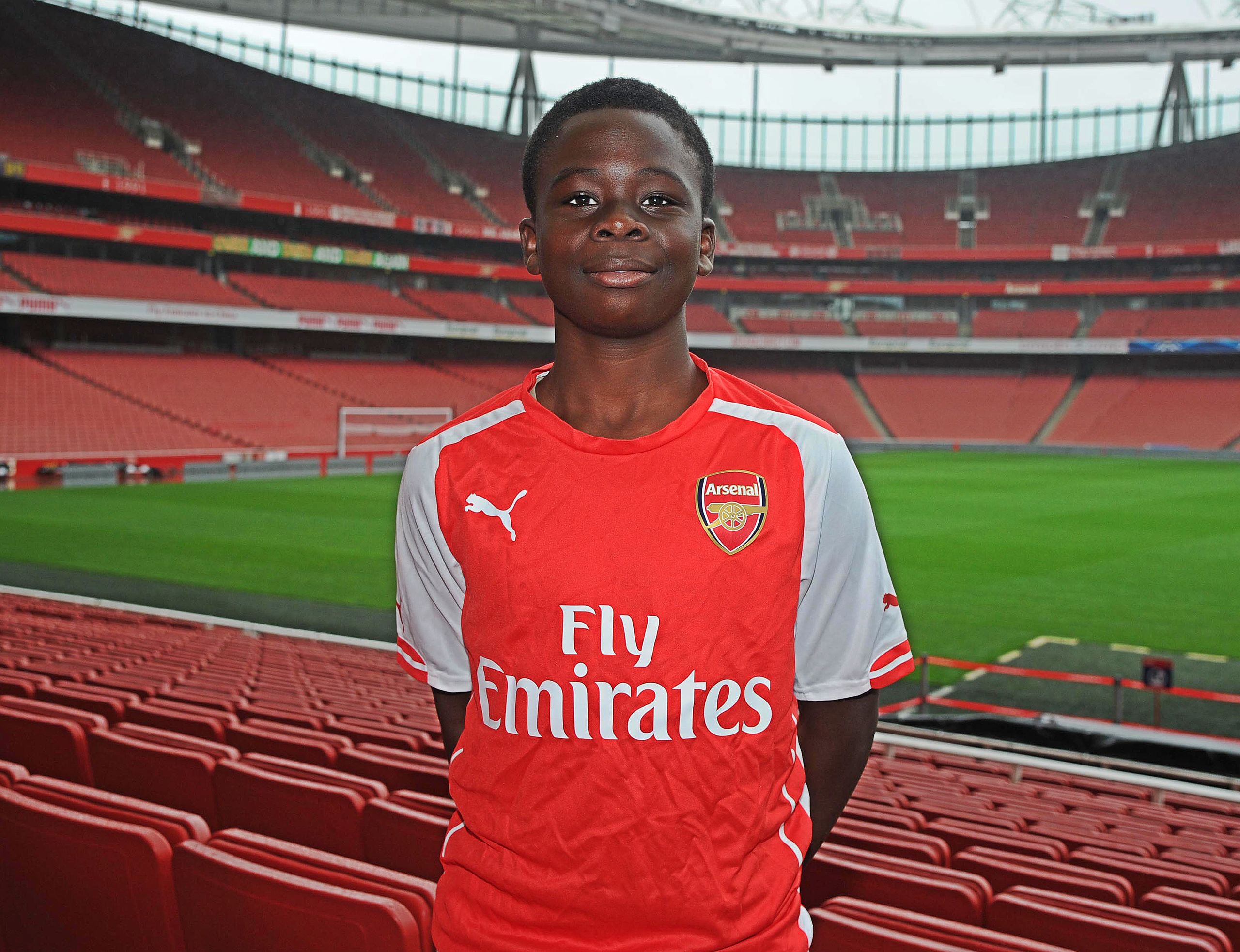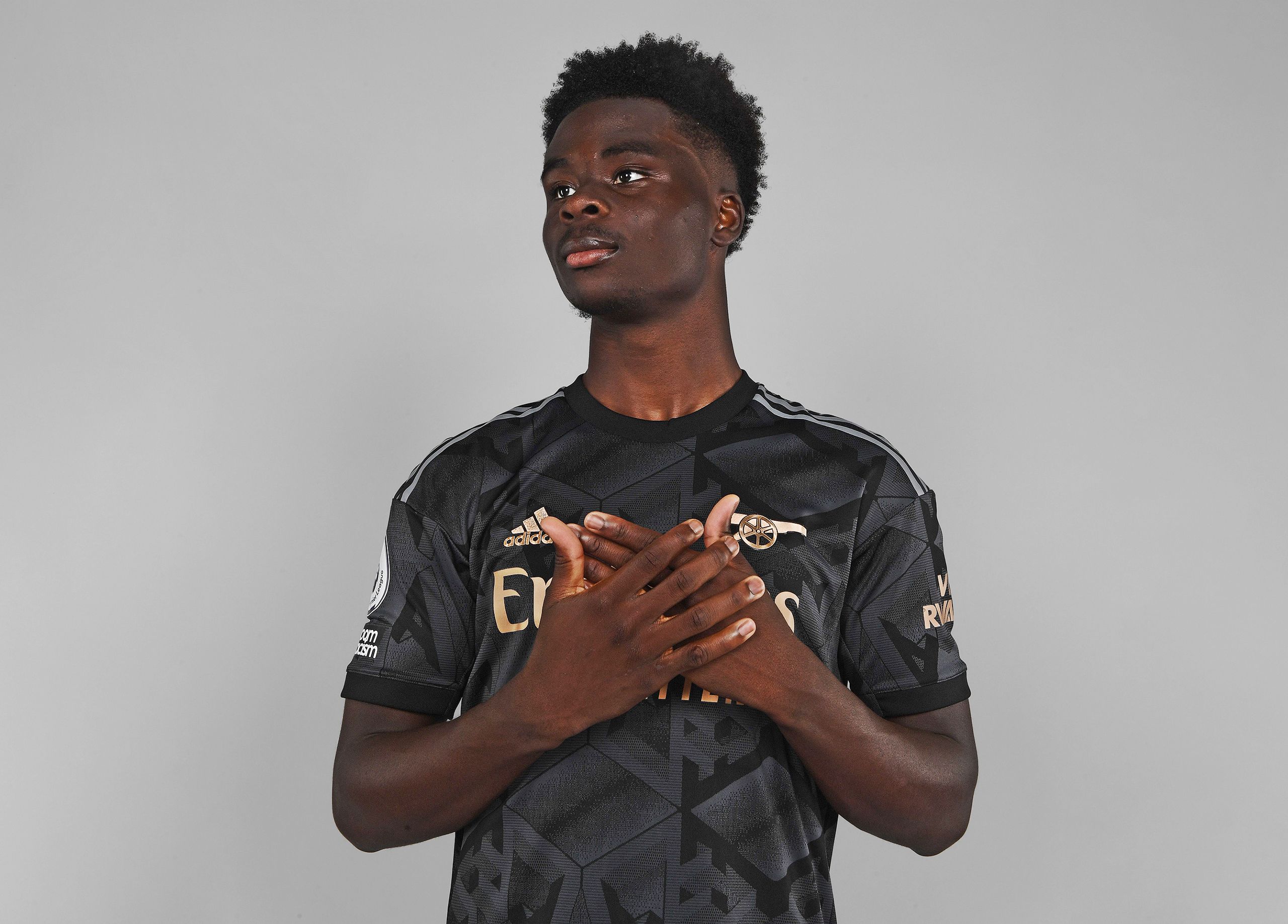
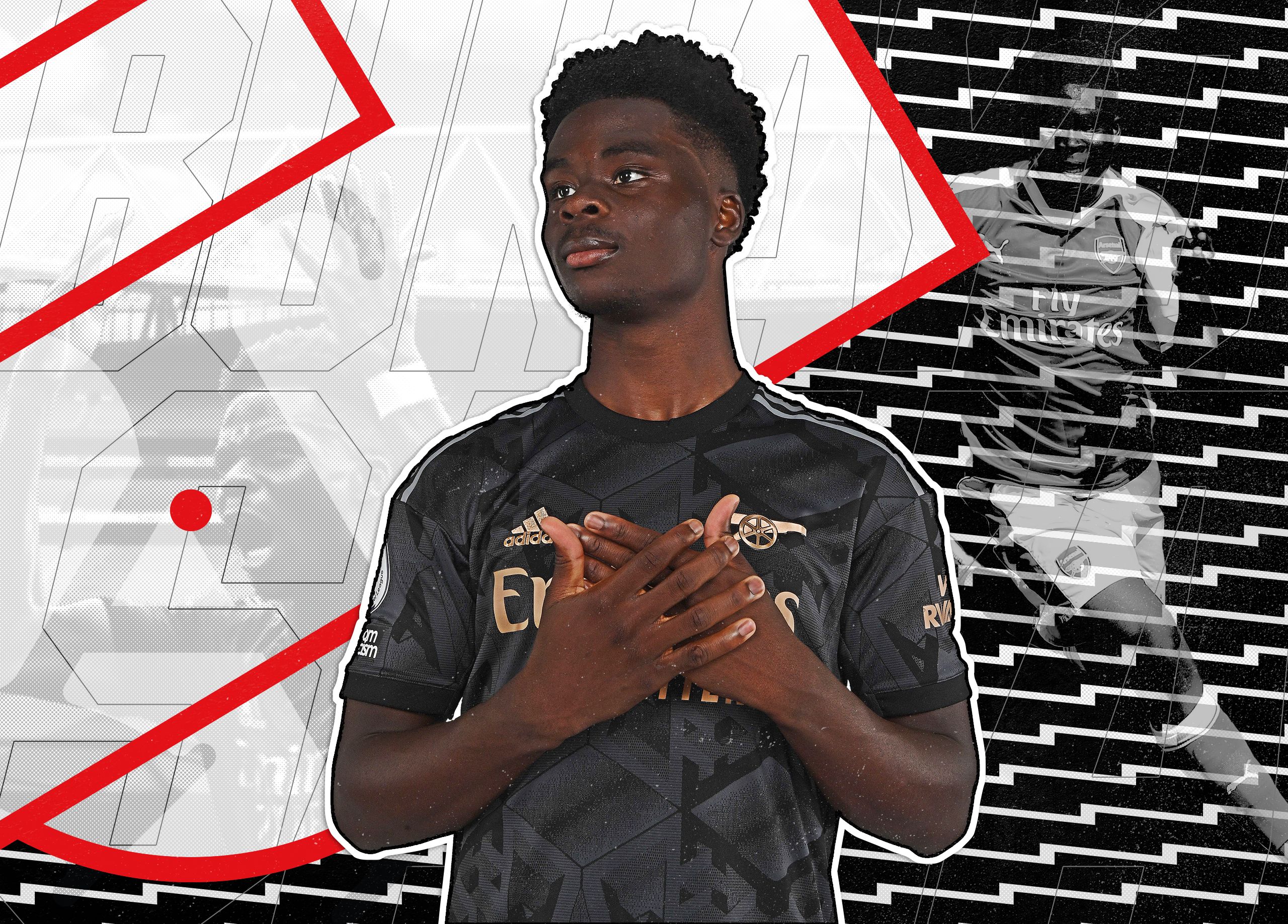
The rise and rise of Bukayo Saka
As Bukayo Saka pledges his future to the club he has called home for more than half his life, we speak to prominent figures from his Arsenal journey so far…
By Josh James
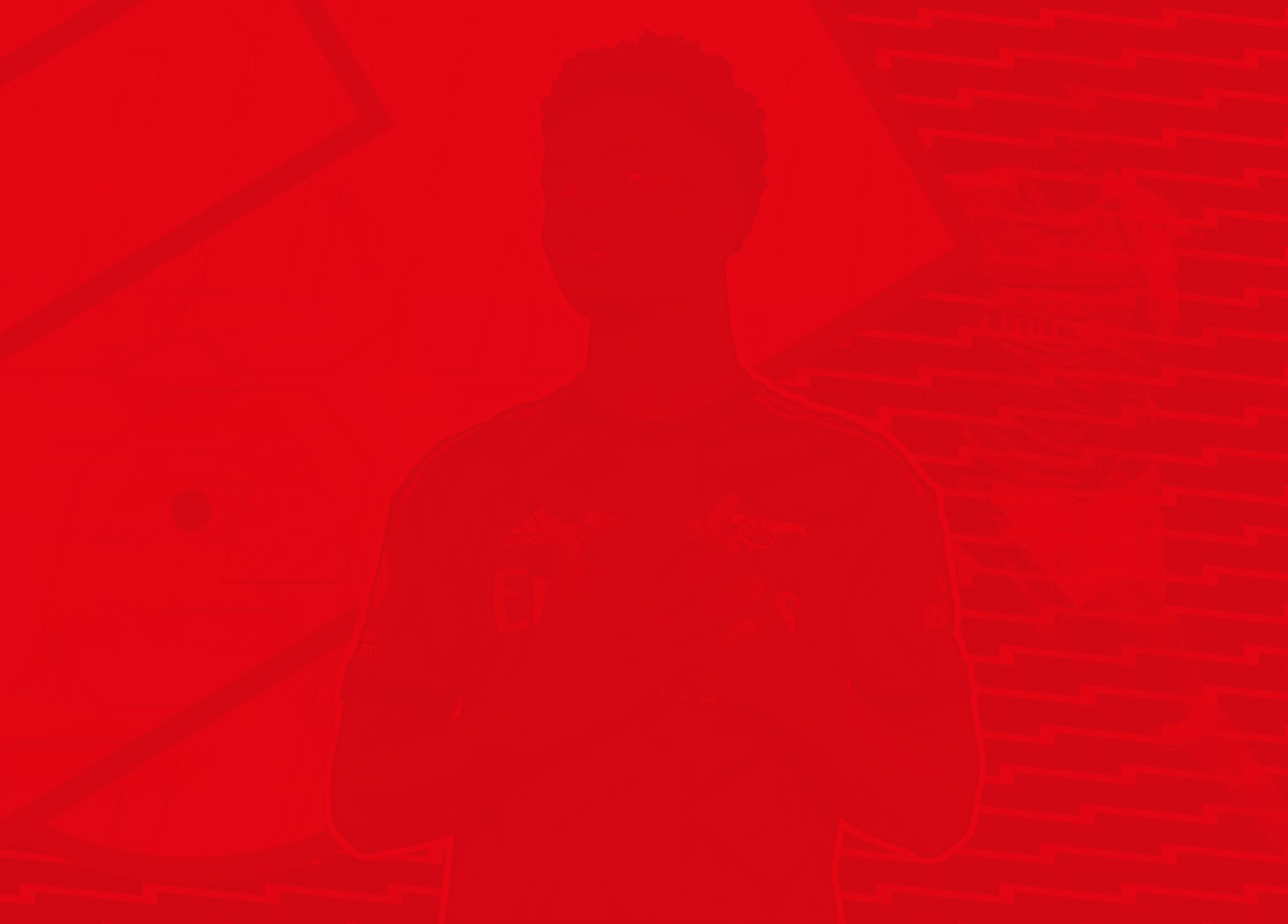

The debut

Only 7,751 people can say they were there.
On a freezing cold night in the Ukraine capital on November 29, 2018, Arsenal – and a select band of supporters – were in town for a Europa League group stage match, against Vorskla Poltava.
The game itself was an impressive 3-0 win to secure top spot in the group with a matchday to spare, but the fixture is now more significant for being the moment that Bukayo Saka was unleashed into first-team football.
Just a few weeks past his 17th birthday, Bukayo – wearing the number 87 shirt – was summoned from the bench by Unai Emery for the final 22 minutes or so.
During a lively debut, the young winger gave more than a glimpse of what was to come, nearly marking the occasion with a goal shortly after his introduction.
He had become the 862nd player in history to represent the first team, and the 15th youngest debutant for the club. But Bukayo’s Arsenal story didn’t start that night in Kyiv’s Olympic Stadium.
It began nearly 10 years earlier, when he joined our Hale End academy at the age of eight. Since then, the Ealing-born forward’s career has been on an upward trajectory that has propelled him to true superstar status.
It didn’t happen overnight. Bukayo’s development has been the result of an unflinching work ethic – from himself and those around him at the club.
And what’s more, at just 21 years of age, time is definitely still on his side.
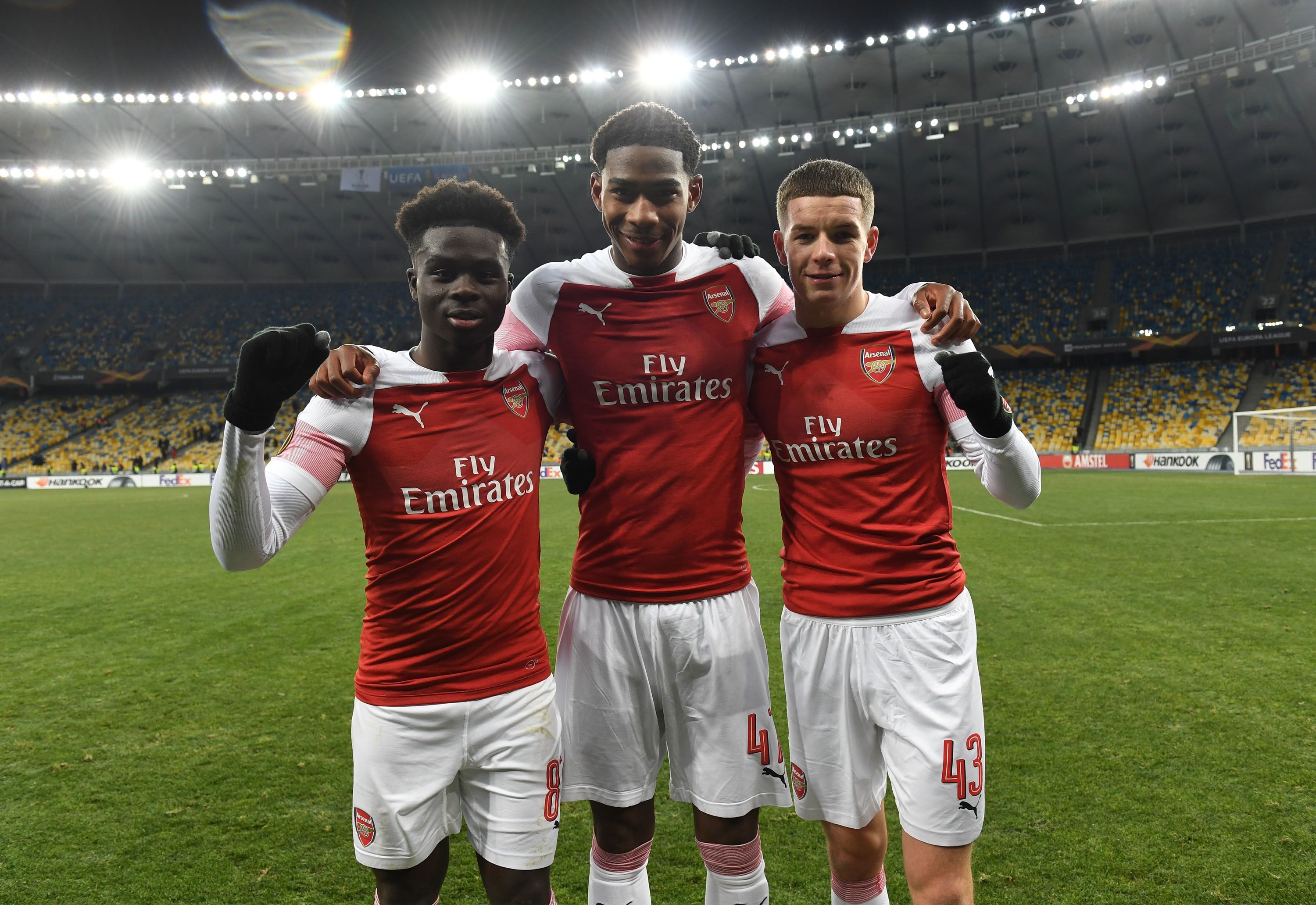

The beginNing

Bukayo Saka is a true product of the Hale End Academy. After training and playing with the club as part of the pre-academy, he signed his first official forms with the club on May 5, 2010, aged eight, joining the youngest age group at Hale End, the under-nines.
Emile Smith Rowe joined the club that same month – albeit two year groups above – while the likes of Reiss Nelson, Joe Willock, Alex Iwobi and Ainsley Maitland-Niles were already in the system.
Back in 2010 Roy Massey was in charge of Hale End, overseeing 120 budding young players at the facility, all under the guidance of then-head of youth development Liam Brady.
The vision they had when the academy was set up more than 10 years earlier was starting to come to fruition – Jack Wilshere had already worked his way through the ranks to become the club’s then-youngest player a couple of years earlier, and the production line was only becoming more proficient.
It soon became apparent that in young Bukayo, there was another potential first-team star in the pipeline.
“Even as a very young boy, and I remember him as an under-11, we had a pathway to look after him,” Liam says. “We had coaches and staff who did a great job of recruiting these boys originally, and then looking after them.
“I remember him at that age. He was always very fast, but muscular with it, powerful, and as he got older he quickly added the football intelligence that you need at the top level.
“And not only could he score goals, but he also joined in the combination play with everybody on the pitch. He was on the same wavelength as the best players – basically what he is now: a goalscorer and assister.”
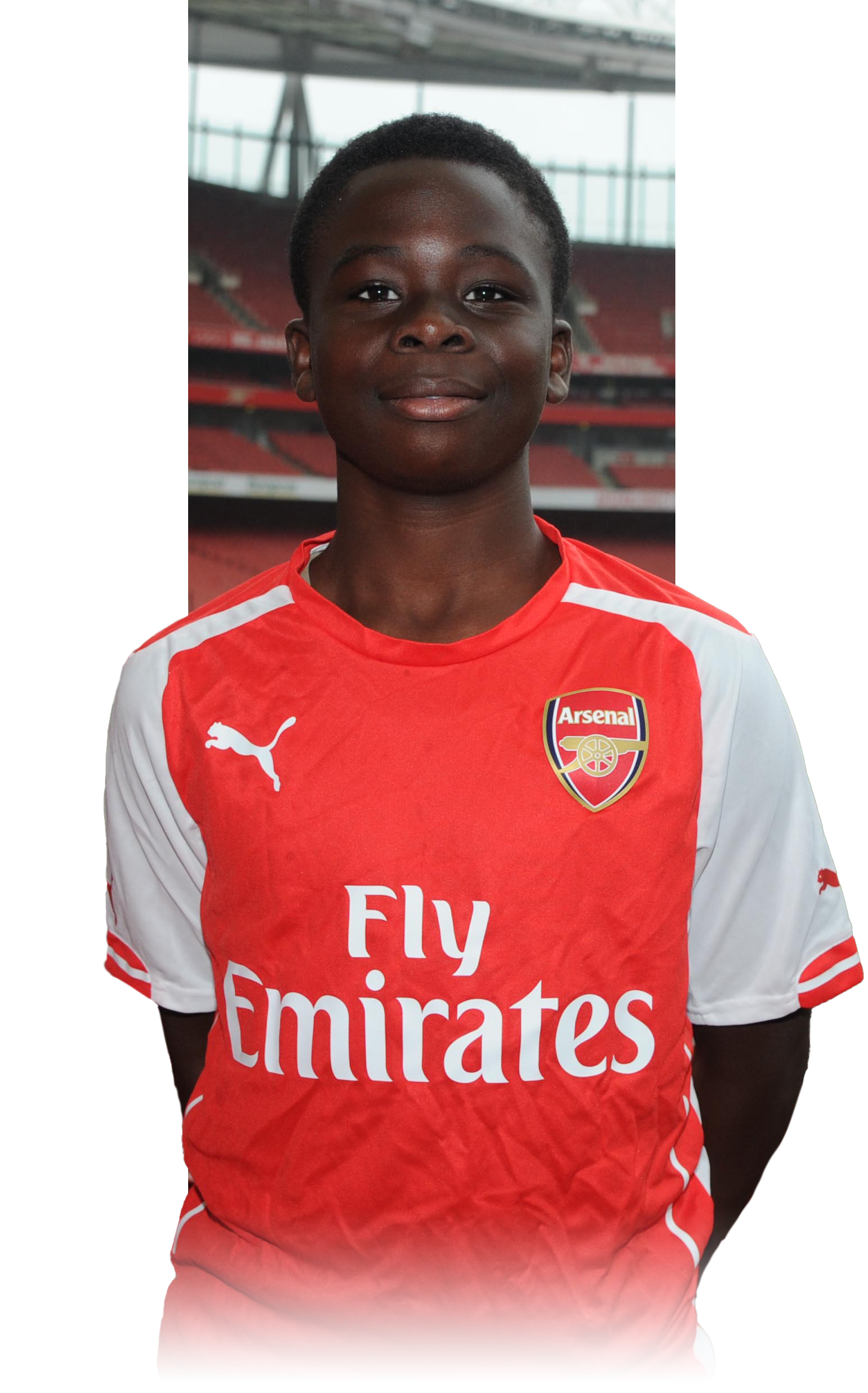
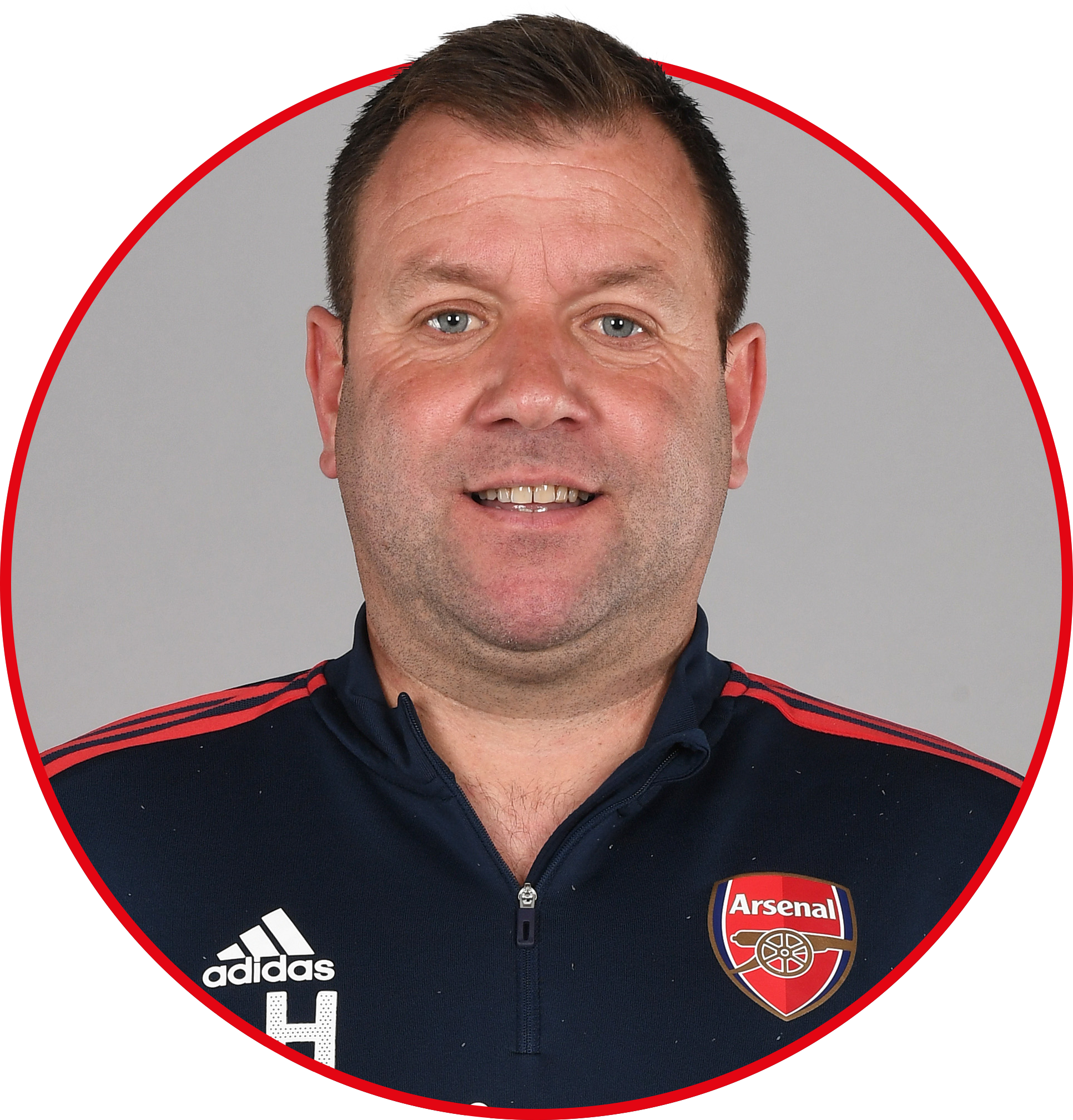
Luke Hobbs
“They were talking about squad numbers for the season, and I don’t know how they were decided, maybe alphabetical order, but they were really worried that this lad called Bukayo Saka would have to be No. 3 and what would his family think of that. They were saying this kid is a top player, would he be annoyed having a defensive number?
“All I remember thinking is ‘this kid must be pretty good if we are worried about what number to give him!’”
Liam would leave his role in May 2014, but by then Luke Hobbs had joined the youth team staff from Southend United, originally as under-14 coach, just as Bukayo was stepping up a level.
“I joined in 2013, and I remember the first time I heard his name,” Luke begins. “It was my first week at the club and Roy Massey was chatting to Steve Leonard, who took the under-15s but was also responsible for the kit.
“They were talking about squad numbers for the season, and I don’t know how they were decided, maybe alphabetical order, but they were really worried that this lad called Bukayo Saka would have to be No. 3 and what would his family think of that. They were saying this kid is a top player, would he be annoyed having a defensive number?
“All I remember thinking is: ‘this kid must be pretty good if we are worried about what number to give him!’
“But actually I can say for certain that neither Bukayo nor his family were not the type of people to complain about a squad number – completely the opposite. Bukayo and Yemi, his dad, would never be precious about that at all.”

Starting to shine

It didn’t take long for Luke – now the head of academy coaching at Arsenal – to understand why there was so much discussion around this young player though.
“Bukayo was 11 when I came to Arsenal and my first experience working with him was for the under-12s at a Premier League futsal tournament,” Luke explains. “It’s five-a-side, indoors, loads of touches, it’s a good programme. Anyway, we won the qualifiers comfortably and made it to the national competition in Leeds.
“As the lead coach I took the group that weekend. I came into it with a really open approach. I had 10 players and would literally put five on for the first half of the 12-minute games, then put the other five on for the last six minutes, and give everyone an opportunity. I didn’t see it as a win-at-all-costs thing.
“So we did that, and got to the final against Chelsea. I put Bukayo’s team on first, and then took them off at half-time, with us winning. Chelsea obviously had a good team too and they brought it back to 3-3, and I remember thinking: ‘if I want to win this, I need to put Bukayo back on.’
“So whether it was right or wrong in terms of my methods, I put him back on, and before you know it he’d made it 4-3, then 5-3, then straight into the top corner - 6-3. They couldn’t get the ball off him! So we lifted the trophy and had a nice journey back!
“I remember that moment well, but despite him winning the game for us, there was no arrogance at all from him.”
The next season, when Bukayo was part of the under-13s age group, is when he started to gain experience playing in other positions, mainly at left-back, which would prove useful during his early days in the first team, some six years later.
At this time Bukayo would regularly ‘play up’ in the older age group - Luke’s under-14s - to help his development. And the coaching team were never afraid to test his capabilities: one of his early runouts at full-back was on the wide open spaces of the Wembley pitch, in a full 11 v 11 game.
“Primarily he was always a forward player, absolutely,” Luke continues. “But quite often on a Saturday I would speak to Yemi and tell him I wanted Bukayo to play up an age group that weekend, and that was all fine.
“I was always very open and would say that he would be playing at left-back. His dad was always: ‘yep, no problem Luke, if he plays an age group up, that’s a good experience for him.’
“The way we play though, our full-backs still see a lot of the ball. He’s playing against older boys, which at that age can make a difference, but our thought process was to give him the ball so he can run into space and be our first attacking threat down that side.
“Actually the first time Bukayo played at Wembley would have been at left-back. That season we had a Nike Trophy for players born in 2001. The qualifiers were at St George’s Park and we beat Liverpool in the semis.
“Then we ended up playing Reading in the national final at Wembley Stadium. Our forward players in our team were Tyreece John-Jules, Flo Balogun, Xavier Ameachi and Trae Coyle – all top talents who were in the age group above Bukayo.
“They were my front four at Wembley that day, so Bukayo played left-back. He did a really good job, we won 1-0 and lifted the trophy. He was really, really effective in that position.
“I’d be lying if I said about any player at 11, 12, 13 that they are going to be a superstar. It’s too early to tell. But with Bukayo, I think when he was 15, playing for the national team and for us at under-16, and consistently performing in the big games against the big teams, dominating them, then you start thinking: ‘this kid could do it.’”
“I put Bukayo’s team on first, and then took them off at half-time, with us winning. Chelsea obviously had a good team too and they brought it back to 3-3, and I remember thinking ‘if I want to win this, I need to put Bukayo back on.’”
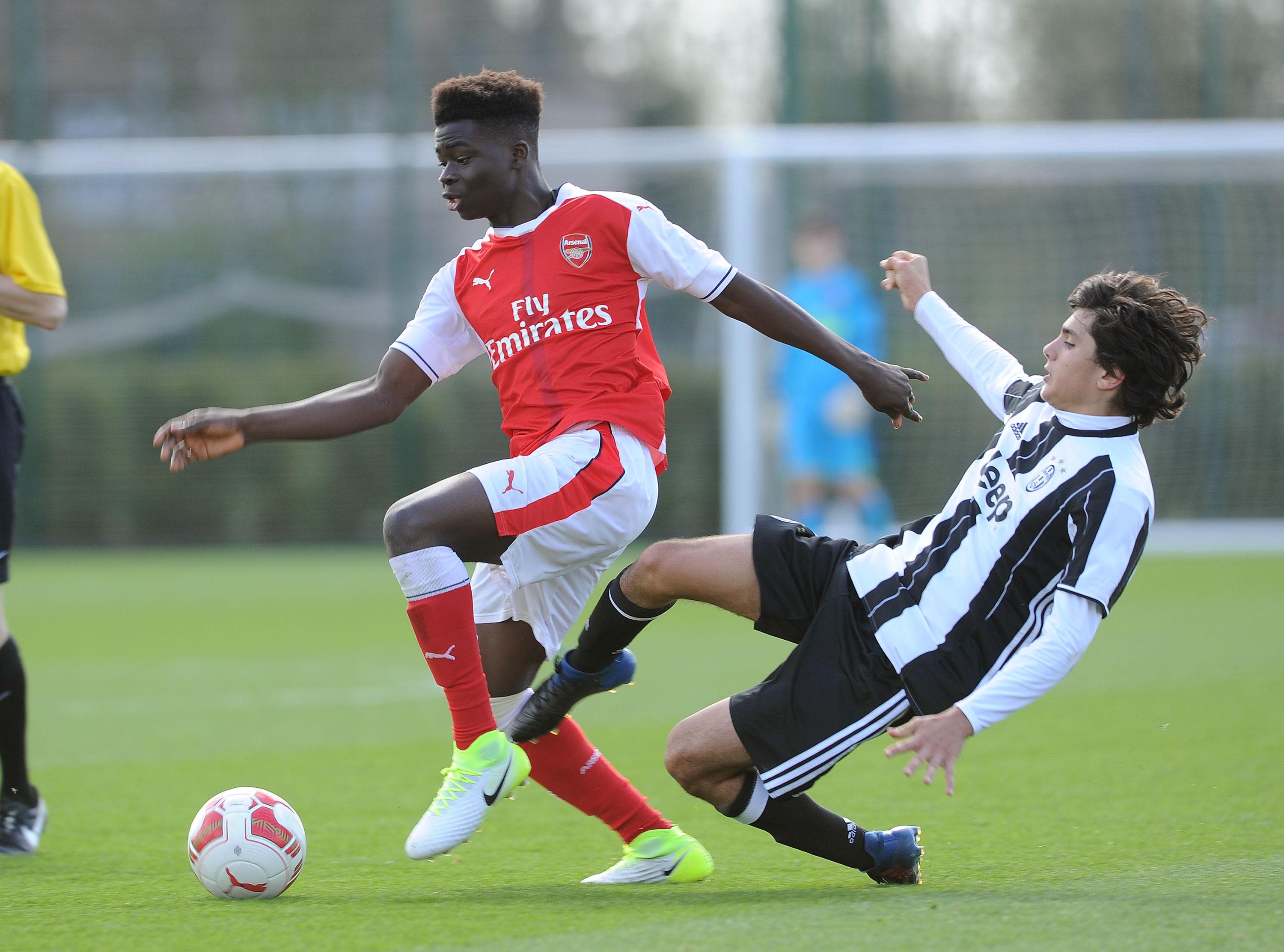
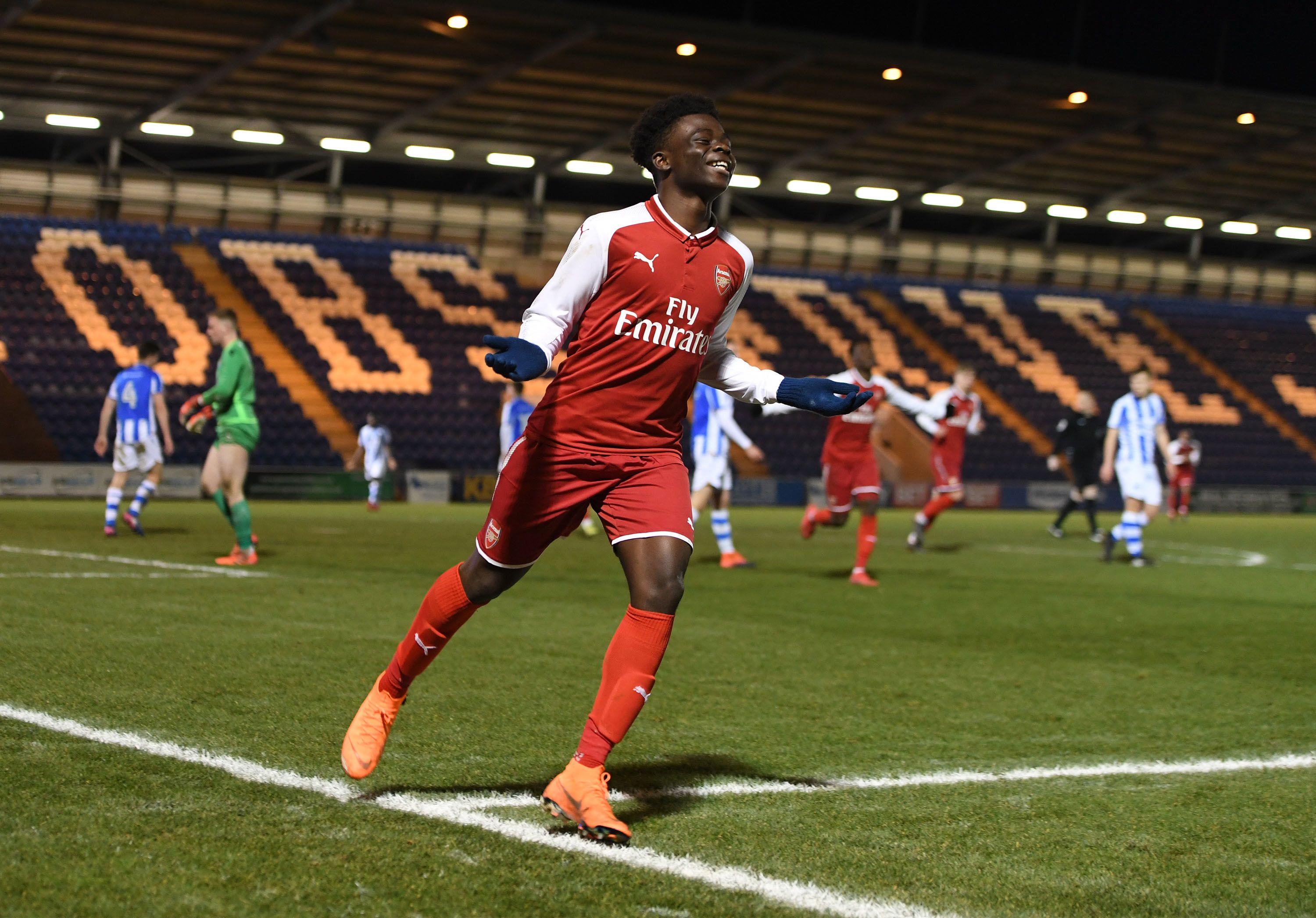

Leaving Hale End

In 2018, aged 16, Bukayo’s time at Hale End came to an end. He, along with 11 others, were offered full-time scholarship forms with the club, and he was now to be based at London Colney day-to-day.
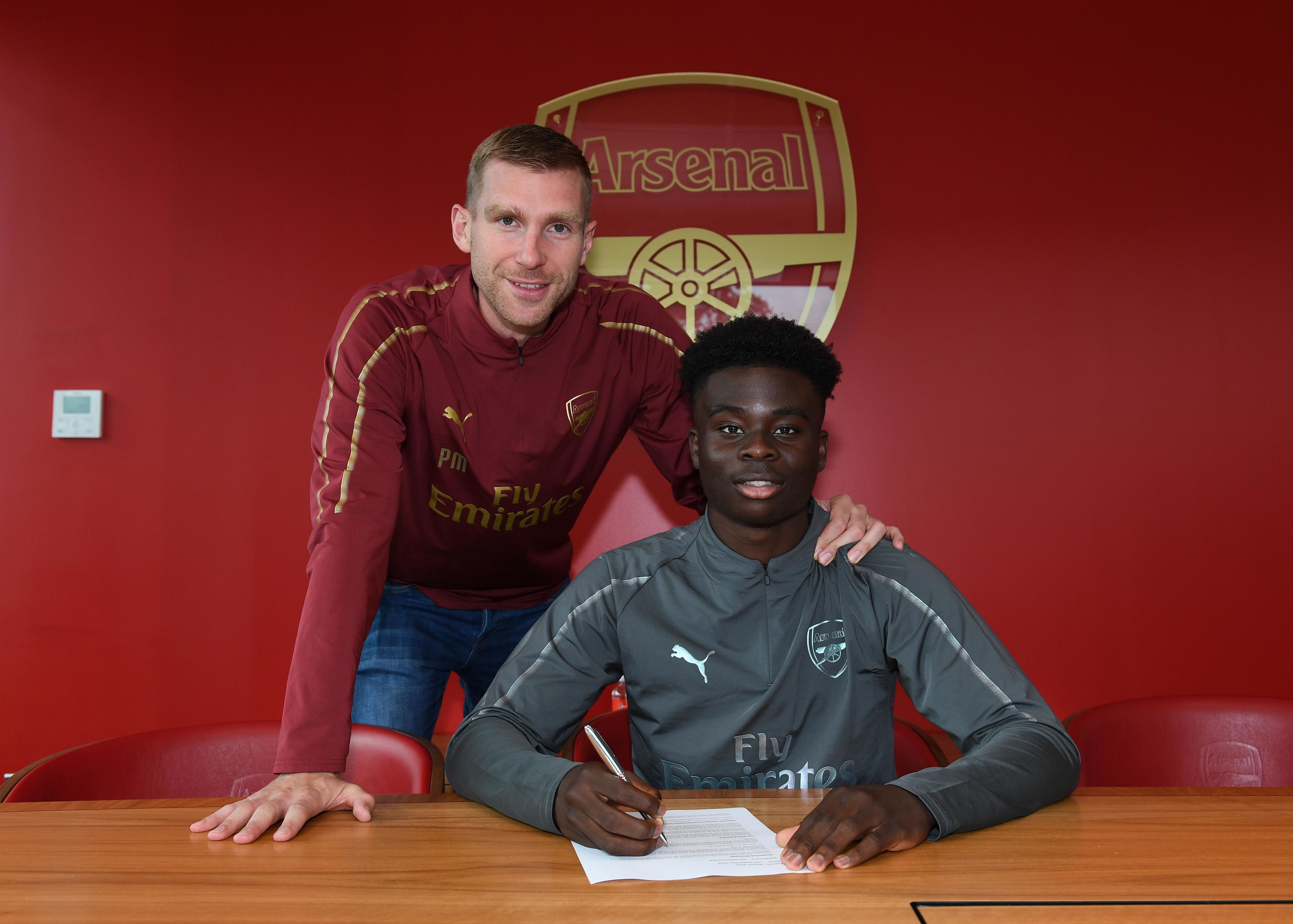
“During his under-14 season, we had high expectations for him, so we offered him a scholarship early,” Luke reveals.
“I was interim academy manager at the time, and they had 28 days to get back to us after the offer. But Yemi came in the next week and said they were happy to sign.
“That was it, as simple as that. There was never any question about him staying at Arsenal throughout his younger years. During my time at Hale End, we never had to deal with an agent around him, it was just all very calm, dealing with his dad, which I think is so important.
“Bukayo was playing for England under-15s at the time and we are not daft, if you are a top talent at Arsenal at 13, 14 or 15, your phone will ring and there will be other deals offered I’m sure. But his family always kept that very calm and deserve big credit for that.
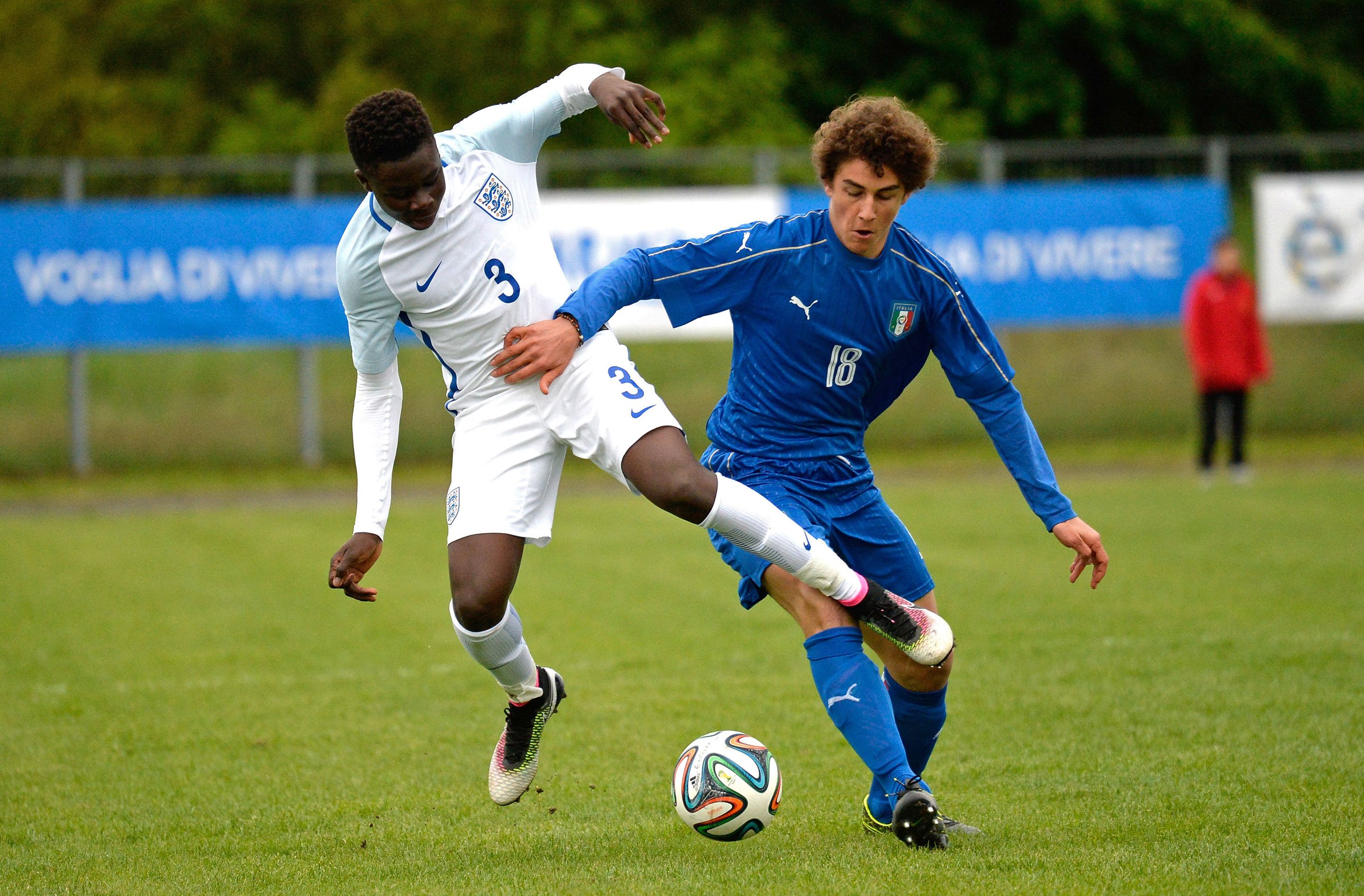
“I think that’s a big part of his journey if I’m being honest. He was just a great kid, we never ever had a problem with him. Whenever we took him away or abroad or there were never any issues with him. He was always very humble.”
Those eight years at Hale End were certainly formative years, and in many ways he’s the poster boy for what the club are striving to achieve at the academy.
“What tells you everything about Bukayo is what he did with his shirt from that breakthrough game against Frankfurt. The next day he brought it back to us at Hale End and presented it to us as a gift. A meaningful shirt in which he scored his first goal, brought back to us where it all started. It’s now on display in the entry hall for everyone to see.”
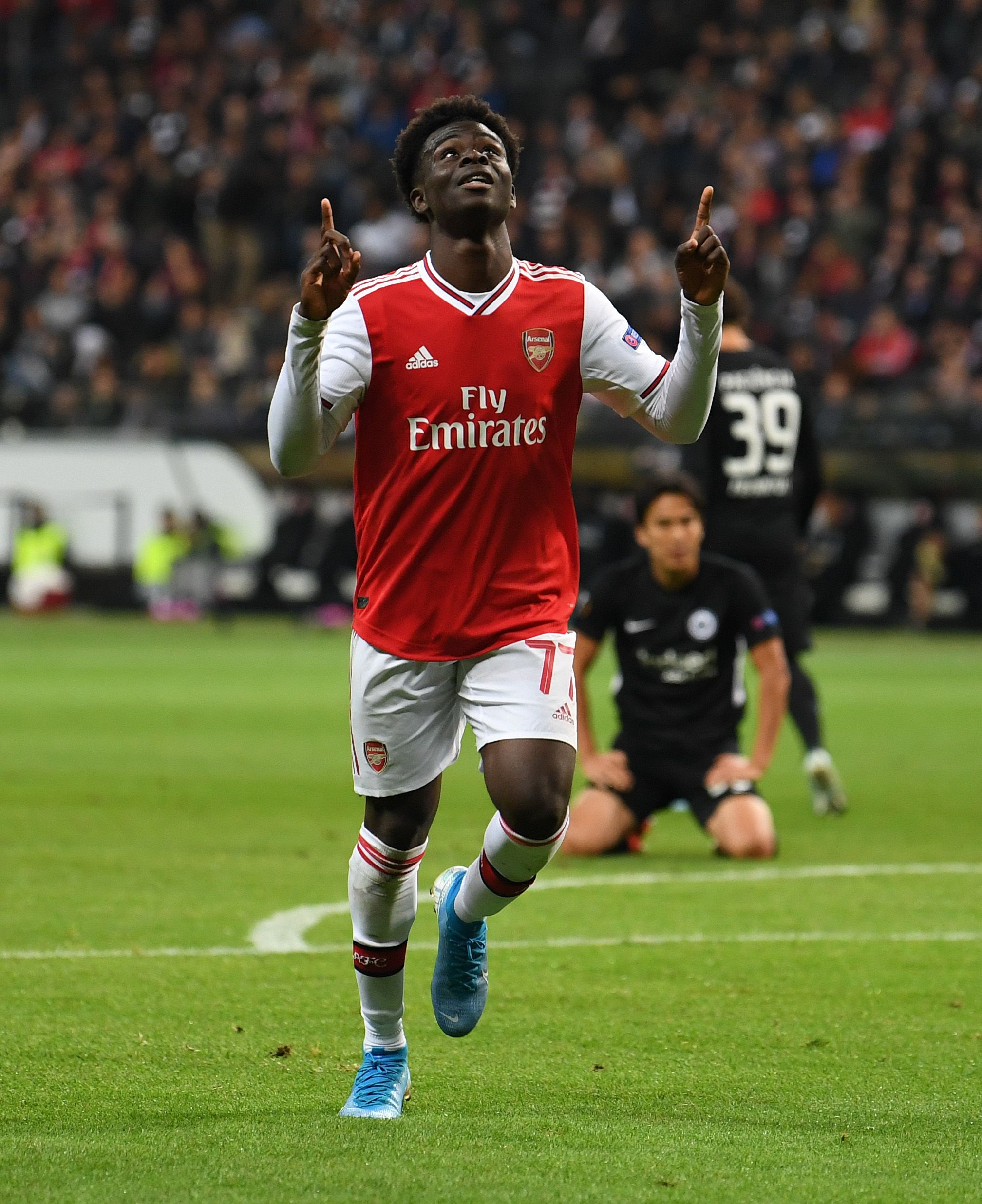
“We talk about strong young Gunners, and he’s the role model,” says academy manager Per Mertesacker. “Within our club, he inspires the staff, the young players, and everyone to get better. He inspires not just with what he does on the pitch, but with his behaviour, and what he does in the community. It’s really amazing that we can show parents of young players Bukayo’s pathway as an example of what we mean when we say we want to create strong young Gunners.
“We are proud, and it’s important for us, that we have helped build someone within our own environment to get to the top.
“When he got to the top he’s dealt with challenges. He’s rising to all these challenges, with everything that happens to him. Grabbing his opportunities, sometimes getting knocked down, missing a penalty, dealing with online abuse. He’s risen to all these challenges and that’s what epitomises strong young Gunners. He’s an inspiration for us.”
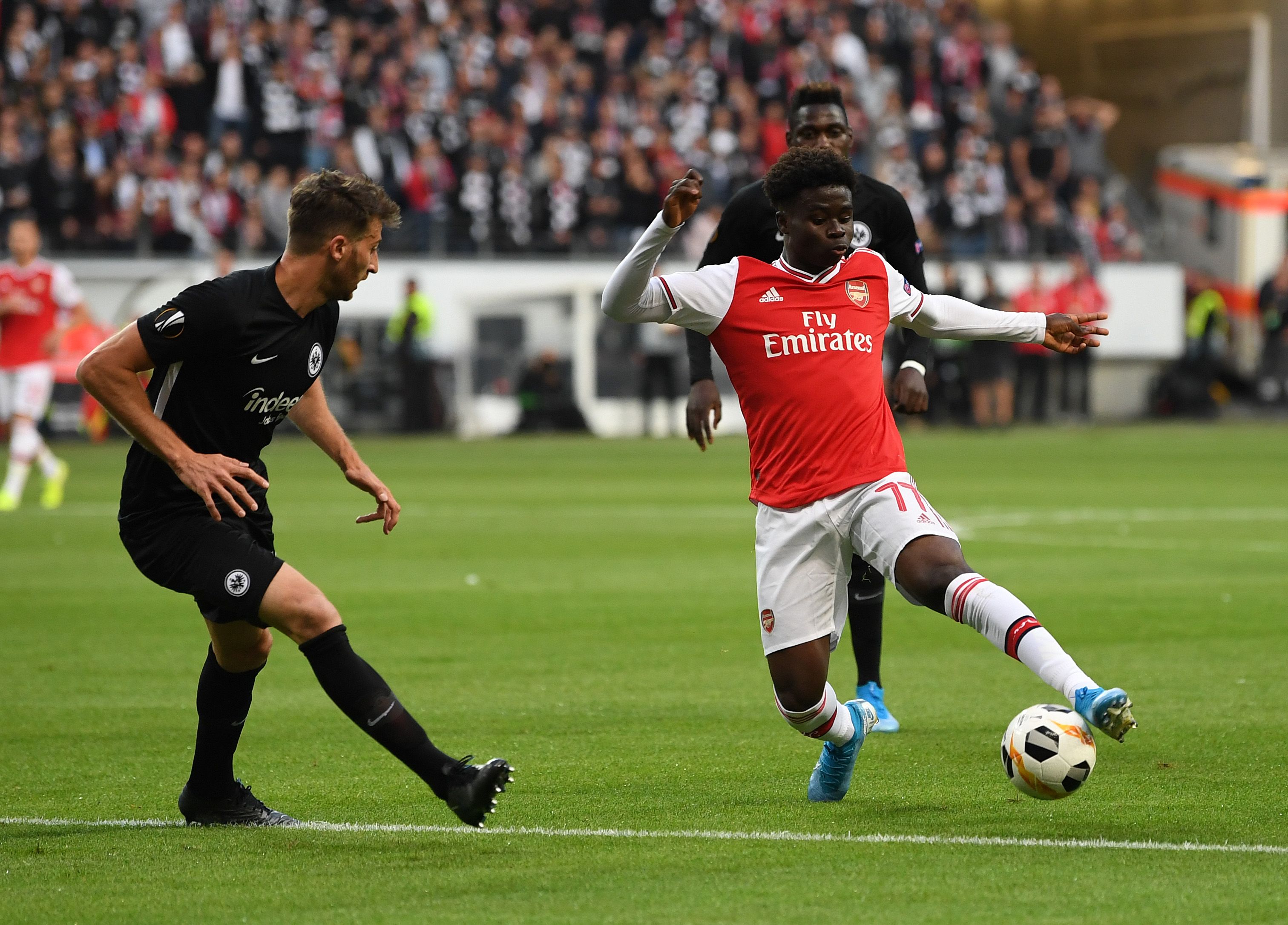
And Bukayo has certainly never forgotten his time at Hale End. Once he progressed to London Colney he was soon involved with the first team, making his senior debut while still technically in his first year as a scholar.
He started the following season by netting his first goal in a Europa League tie away to Eintracht Frankfurt, in September 2019. A red-letter day for the teenager for sure, but there was only one thing on his mind afterwards.
“What tells you everything about Bukayo is what he did with his shirt from that breakthrough game against Frankfurt,” Per says. “The next day he brought it back to us at Hale End and presented it to us as a gift. A meaningful shirt in which he scored his first goal, brought back to us where it all started. It’s now on display in the entry hall for everyone to see.
“That’s him, he respects the journey that he’s been on, it means a lot to him and he doesn’t forget it."
Per adds: “When you look at him, you see how respectful, how humble he is, but on the other hand how committed and consistent he is. From day one that never changed. That’s what we are most proud of because he has built a really positive energy around him. People admired and liked him, and those around him wanted him to do well, but he created that all himself.
“He ingrained himself fully with the club at the academy and that made him somewhat special, and we think it’s important for everyone to be like that.
“He doesn’t forget his journey, and whenever I see him I get a warm feeling. You can feel how much he wants to say hello to every staff member, especially in the academy and the boys. He stays connected, and he’s always receptive, for whatever feedback. Whenever I see him at the training ground, in the restaurant or whatever, he acknowledges people and that’s what I love. He never forgets the people who were part of his story.”

Joining the first team

Before that breakthrough game in Frankfurt, Bukayo had taken his first steps in senior football at the start of 2018/19.
A new era was beginning at the club. Arsène Wenger had left in the summer of 2018 after 22 years in charge, and in came Unai Emery as our first new manager this century. It was all change in the youth department too; Per was installed as academy manager and Freddie Ljungberg was made head coach of the under-23s. The Swede had previously coached our under-15s and under-19s, so already had a working relationship with Bukayo.
“When we employed Freddie Ljungberg as under-15 head coach, his belief in Bukayo was huge, absolutely huge,” Luke says.
“That helped Bukayo when he first came to London Colney full-time. Freddie knew his game and that certainly benefitted the transition from being a first-year scholar to the under-23s. Freddie also had a good relationship with Unai Emery, and that helped promote him too.”
Unai had already given Emile Smith Rowe his debut in the Europa League group stage, and when it came to matchday five – with top spot up for grabs – he looked even deeper into the academy ranks and named Bukayo in the matchday squad for the first time.
Max Jones worked for the Arsenal media team at the time and was also part of that trip to cover our match against Vorskla Poltava.
“There was a lot of excitement around covering those Europa League games because you wanted to see the next player breaking through,” Max recalls. “I had worked at the club for a while, and started by covering the youth games, so I was aware of some of those youngsters. The likes of Charlie Gilmour and Tyreece John-Jules were also on the bench, but there was a younger lad travelling for the first time.
“I saw his name on the travelling squad and it took me a while to remember where I had first heard the name Bukayo Saka, then it came to me. I had interviewed Reiss Nelson a couple of years earlier about the FA Youth Cup, and afterwards I was just chatting about which of the younger players would make it from the group coming through. He told me Bukayo was better than anyone else he had seen at that age. So obviously his name stuck with me, and I was excited to see him play.”
Max – and the other 7,000 or so hardy souls inside the 70,000-capacity Olympic Stadium – had to wait until the 68th minute for Bukayo’s introduction, as the temperature plummeted to -14C. He was 17 years and 86 days old, making him our 15th youngest player ever at the time.
Just six minutes after coming on Bukayo, playing on the left wing, was set up by a long-raking pass by Mohamed Elneny. He controlled instantly, deceived his defender with a stepover then blasted goalwards with his left foot, only to be denied by the keeper at the near post.
A bright cameo then, in which he also set up a chance for Joe Willock, but Max was just as impressed with what he saw from Bukayo off the pitch.
“I remember him coming on and having a shot straight away, and you think ‘OK there’s something about this kid, he’s not scared.’
“I have to say though, from my point of view covering the game, what I really remember was his maturity. The media department get to travel with the team, so what we do is get on the plane first, and head to the back out of the way. But Bukayo – and in fact all the young players – came down to the back of the plane and shook everyone’s hands.
“Then after the game he did this great interview with BT Sport, and showed so much character and personality, telling the interviewer how his parents made sure he was in bed early and things like that. I remember listening to that interview afterwards, thinking that there was something about him. To connect with an interviewer like that in a post-match interview at that age is incredibly rare, and was very impressive.”
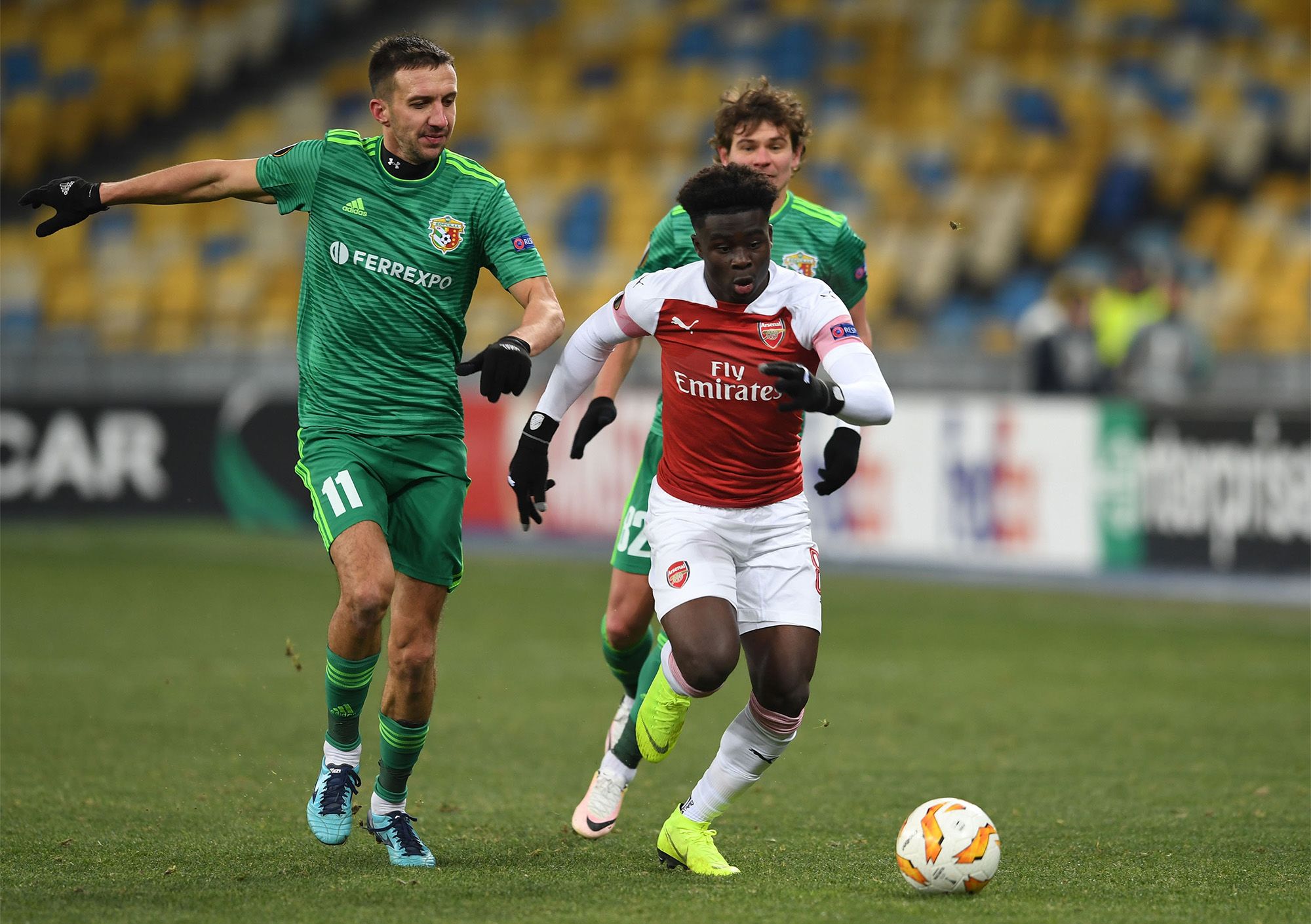
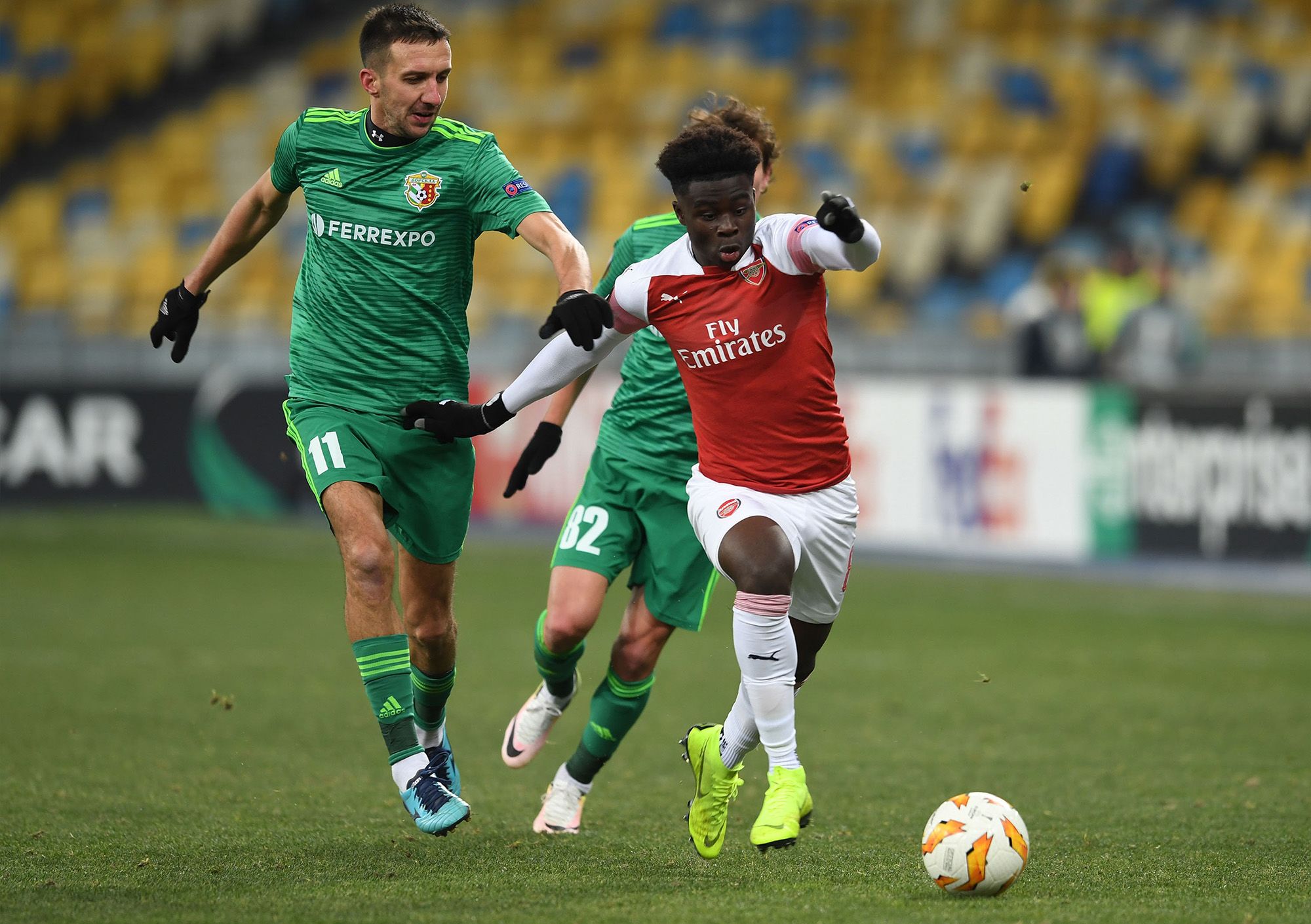
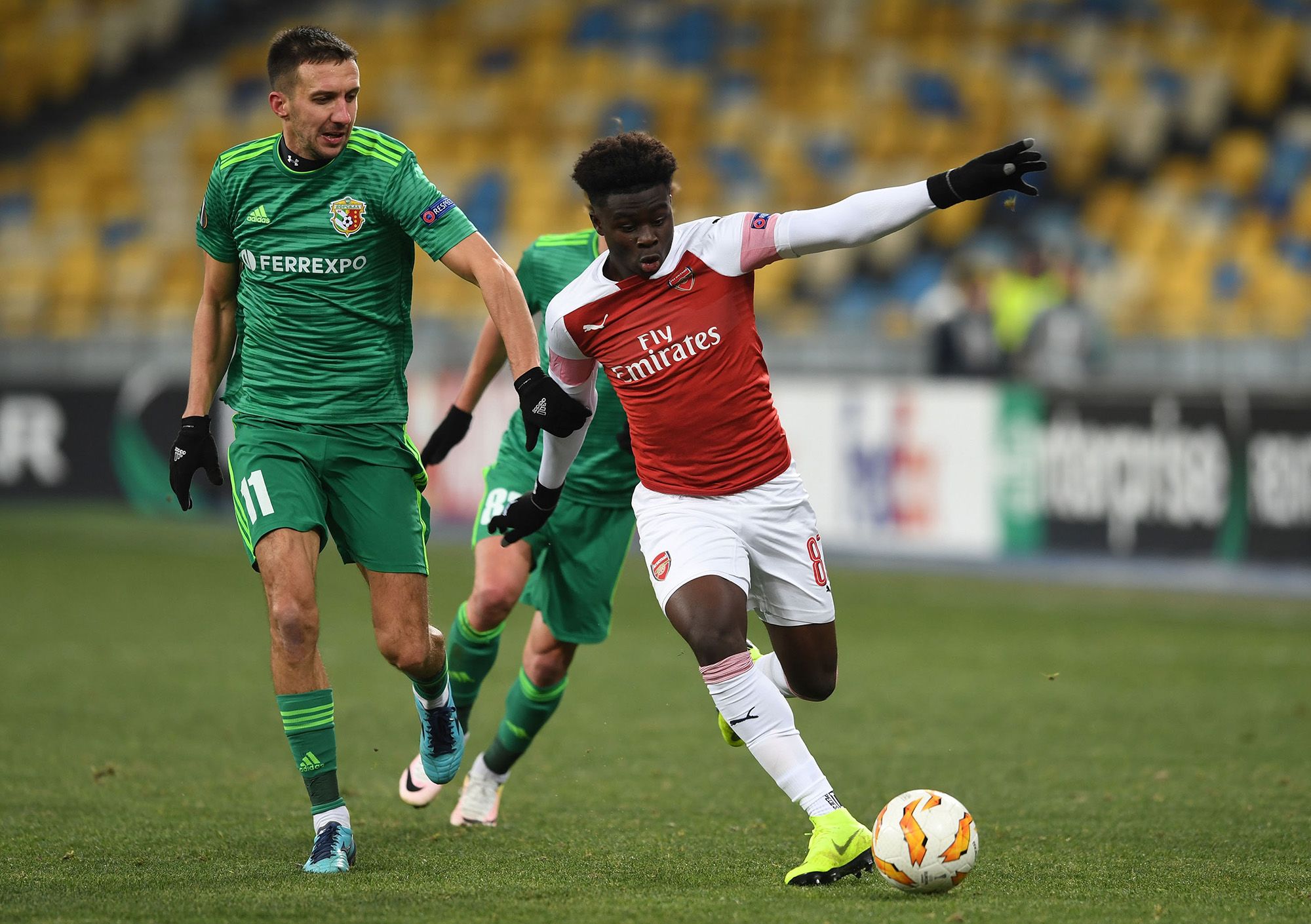
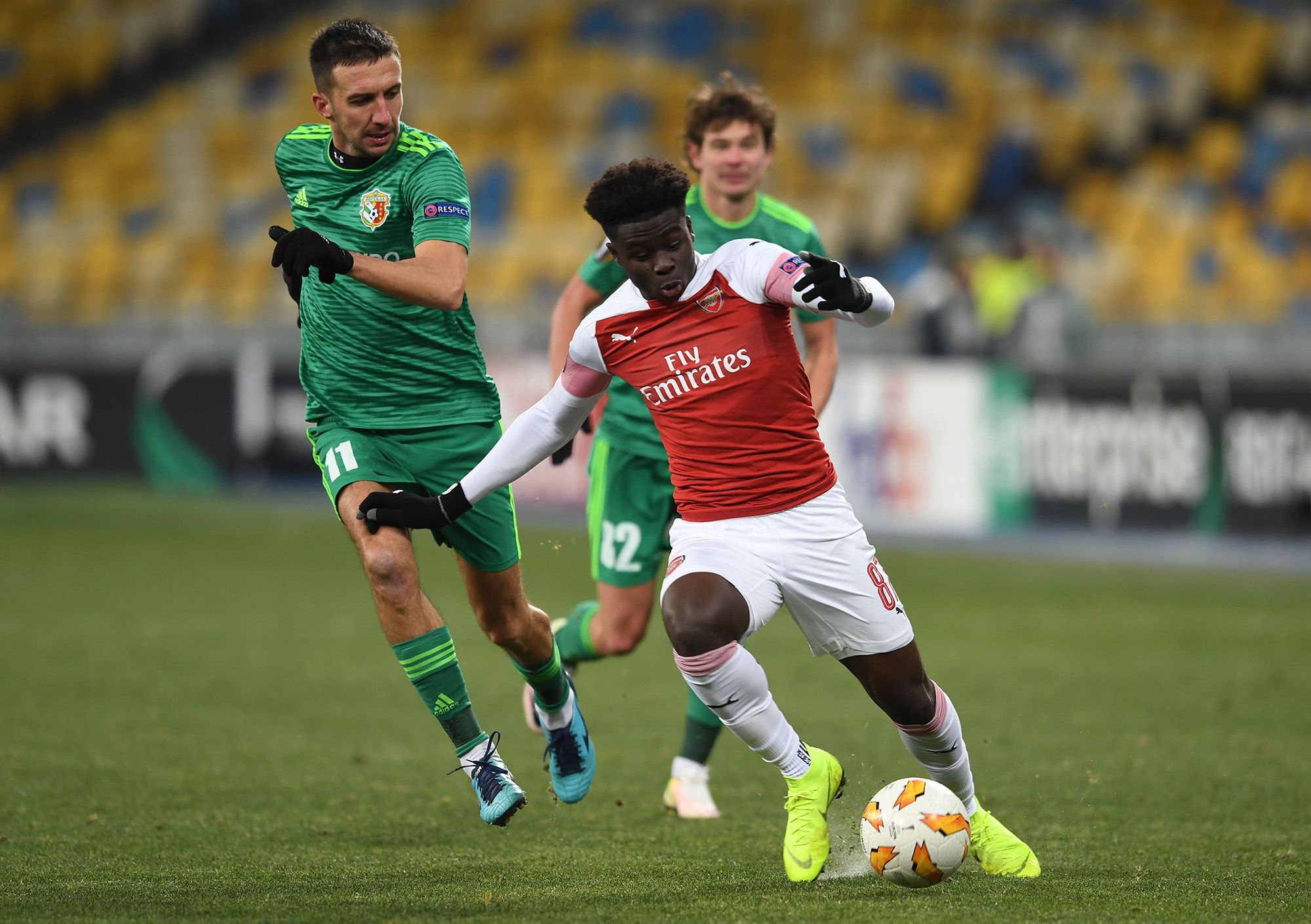

MODEL PUPIL

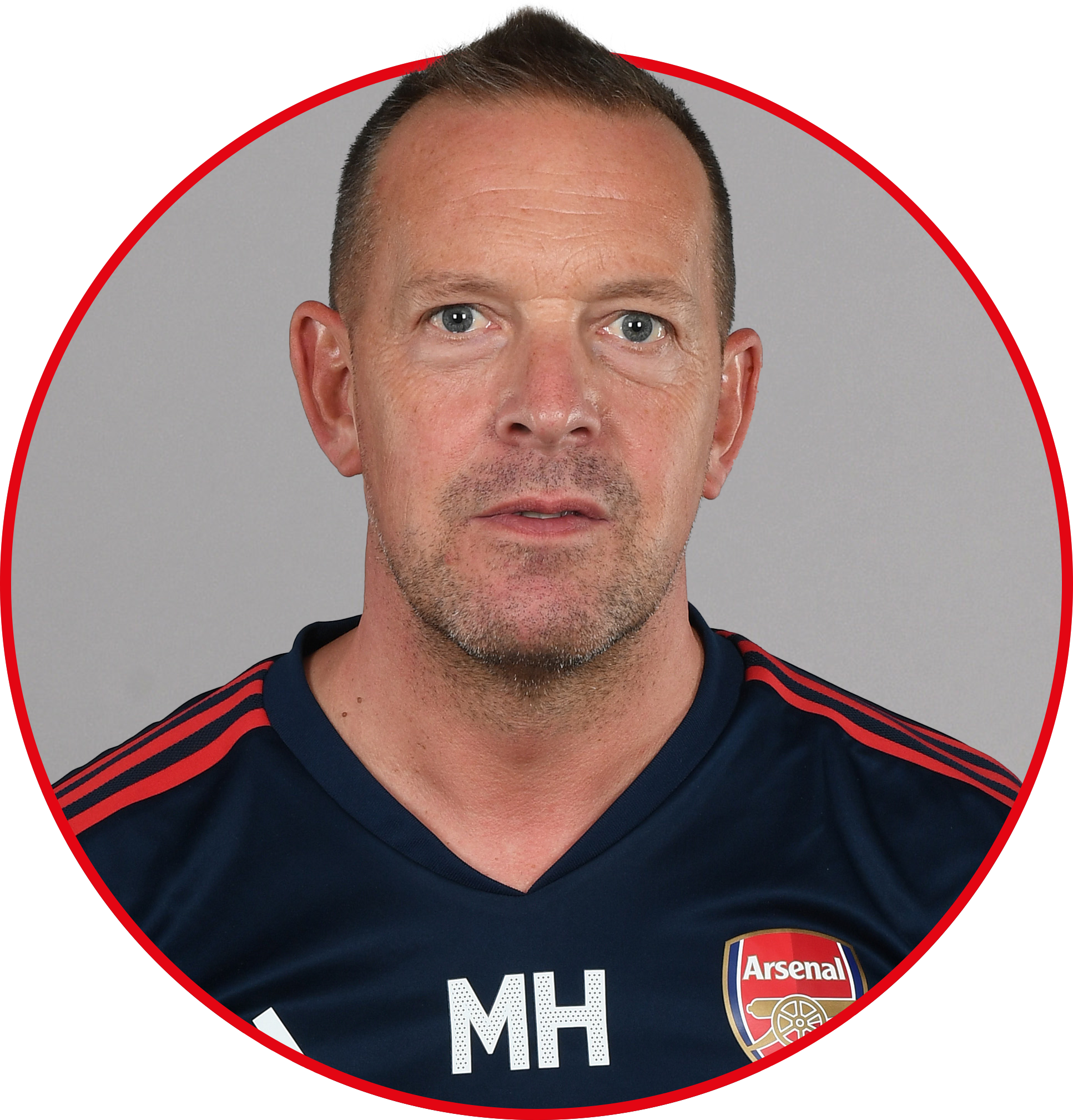
Matt Henly
“To know what he was like as a student you just need to know what he’s like as a footballer – he gave absolutely 100 percent to everything he did. He took everything in his stride.”
So to understand what makes Bukayo tick on the pitch, it’s important to learn a bit more about him off it too.
Football clearly took over his life from a young age, but it was by no means at the expense of everything around him, least of all his education.
Born on September 5, Bukayo was one of the oldest in his school year, and he carried on attending Greenford High School while at Hale End.
Matt Henly has been head of education at the Arsenal academy for 10 years, and was with Bukayo every step of the way as he navigated his way through secondary school.
“To know what he was like as a student you just need to know what he’s like as a footballer – he gave absolutely 100 per cent to everything he did,” Matt reveals. “He took everything in his stride.
“He sat his GCSE exams in 2018, and was our highest achieving boy in that group, and there were some bright guys in that year. For example, goalkeeper Tom Smith is currently doing an economics degree, with LSE. But Bukayo outshone them all.”
What makes his grades even more remarkable, was the timing of his final exams, as Matt explains: “Yes, 2018 was a European Championships year for the under-17s, and they happen to be at exactly the same time as the exams – an absolute nightmare for those boys.
“Bukayo was fortunate though because England were hosting the tournament that year. So he was able to sit them at his own school, and not abroad or in a hotel. Some of them were rearranged for different times and he spent that time travelling between London and St George’s Park – between doing exams and playing for his country. That makes his results even more incredible.”
And what were those grades?
“Well his year group had a mixture of the old-style letter grading, and the current numbering system, depending on the subject. So he got A* in both business studies and economics, and in everything else he got an A or A*, using the equivalent system."

Getting physical

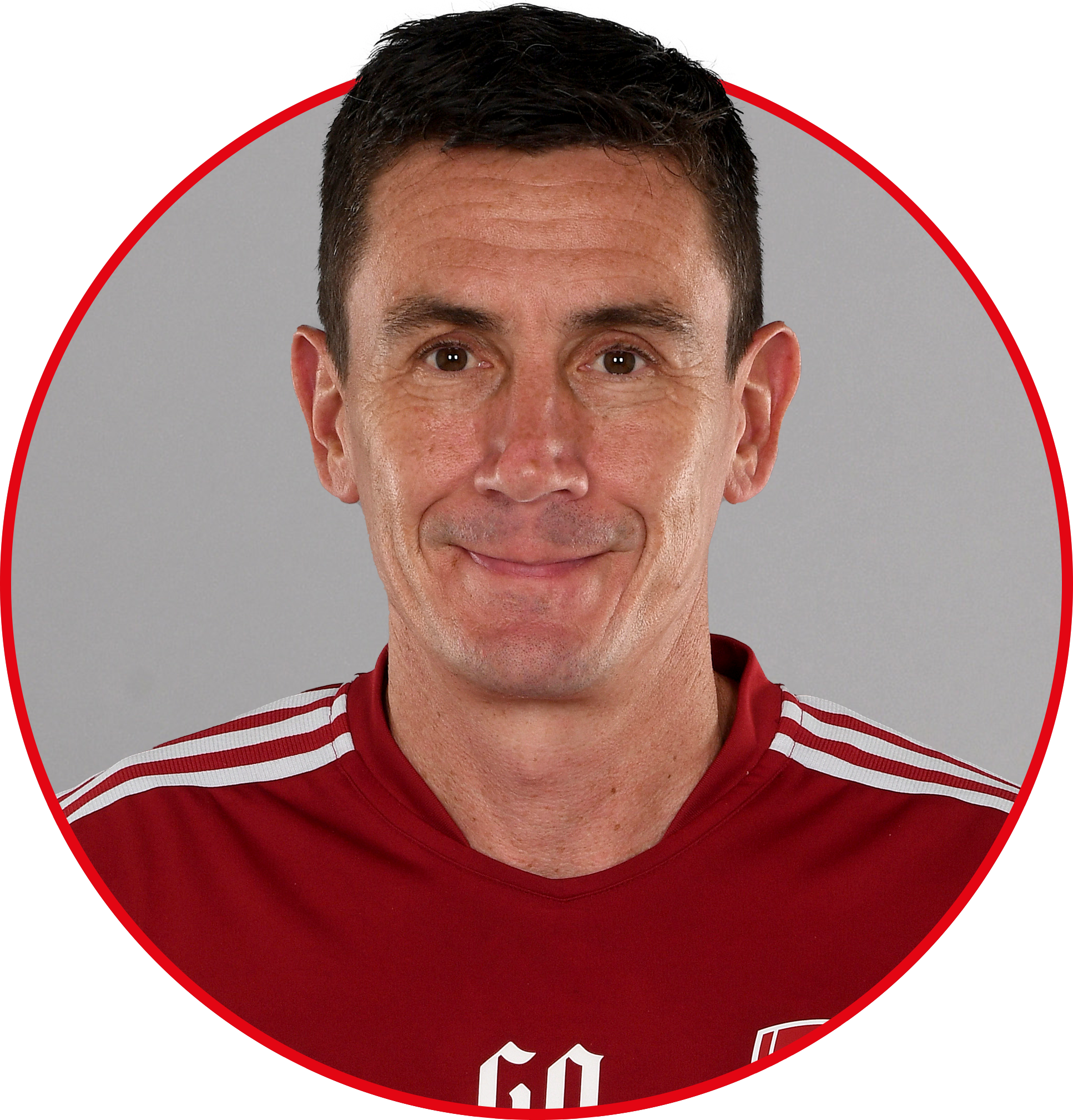
Dr Gary O’Driscoll
“Bukayo certainly wasn't bigger, stronger, or more powerful than any other player when he came into the first team environment and it is not as if we have turned him into a machine. He’s a physiologically gifted athlete with outstanding professionalism and approach to his preparation.”
Bukayo undoubtedly possesses the intelligence then, as well as the dedication and character to match his obvious talent and potential. But one thing can still derail the most gifted and hard-working of players if it isn’t up to the same level – their physical capacity.
This is where strength and conditioning plays a part. Dr Gary O’Driscoll is head of sports medicine and performance at Arsenal, and joined the club about a year before Bukayo, in 2009. He’s seen the winger grow in stature since then, but he says there is no secret behind his impressive physical development.
“I’d love to be able to tell you that he’s developed in a way that’s inexplicable, that he’s a freak of nature,” Gary begins, “but, in many ways, Bukayo’s progression has been one of the smoothest that we have ever had to manage.
“Learning from the development of other young players who have progressed to the first team, and under the careful guidance of the strength and conditioning staff and the physiotherapists, Bukayo has gradually increased his physicality and conditioning. He’s learned to cope with the ever-increasing demands.
"Bukayo certainly wasn't bigger, stronger, or more powerful than any other player when he came into the first team environment and it is not as if we have turned him into a machine. He’s a physiologically gifted athlete with outstanding professionalism and approach to his preparation.
“If you look at the stats, I think he’s one of the most fouled players in the Premier League, but what’s for sure is that he has adapted his physique to be able to cope with that.
“Apart from his physical development, Bukayo has the most remarkable capacity, mentally, to take on what we're asking him to do. If we ask him to improve his lifting, to add some strength or improve his core – he just does it! Not every player is able to do that, as much as they might try.”
Gary is right when he says that Bukayo is one of the most fouled players in the league. Over the past three seasons in the top-flight, only five players have won more free-kicks than our winger.
He also very rarely misses games. At the time of writing, he’s played 79 Premier League matches in a row, and has spent longer on the pitch than any other Arsenal player over the past three years. No player at any club has played as many Premier League games as he has since the start of last season.
“Bukayo just gets it done,” Gary continues, “in much the same way he does if you ask him to do something for the club, a charity, or do some media work – he just gets it done.
“We had a barbecue at the training ground recently, for players, families and staff. You watch him and you notice that he is absolutely lovely to everybody. He will sit and talk to children, to parents, to anyone, and he was the last player there.
“We’ve never had a tricky day in encouraging Bukayo to give his best. I would love to be able to tell you that we have designed a magic programme for him, but the truth is we didn’t need to.
“If I could design a perfect Premier League player, Bukayo is very close to it. For his professionalism and mental approach to the game and his ability to take on physical, technical and psychological messages.
“Every challenge he faces, he has this incredible ability not to let it affect him. He never gets too down when he misses or too high when he scores, and when we ask him to do overreach his body just has the capacity to do it. No player in the Premier League plays feeling 100 per cent every game; what Bukayo can do is give everything he can and this is more often than not enough to make a difference to the team.
“When we say to him: ‘you’re going to have to play 90 minutes, two, maybe three times a week, can you do it?’
“Not only does he say he can do it, but he thrives in the challenge and his body allows him to do it. Not many players have that.”
“Since he started at Hale End when he was eight, we have known his performance and medical history, we’ve got all that data, and we listen to him when he tells us about an issue. If he ever comes to us with a minor complaint, we know he means it, so we listen to him because he is one of the most honest people you can find.”
Again though, the story comes back to his time at Hale End. The doctor puts an element of his physical prowess down to the way he has been managed over the years.
“Yes, I think it’s partly because we have developed him well over the years,” he agrees, “and I’m sure it helps that he’s come through a system where he has known me for 15 years, he’s known [strength and conditioning coach] Sam Wilson, he’s known [head physiotherapist] Jordan Reece who are both with the first team now. We know where the lines are drawn with him and he trusts us and works with us.
“Since he started at Hale End when he was eight, we have known his performance and medical history, we’ve got all that data, and we listen to him when he tells us about an issue. If he ever comes to us with a minor complaint, we know he means it, so we listen to him because he is one of the most honest people you can find.”
And what is in his medical history from his time at Hale End?
“Almost nothing, it is a remarkable story,” Gary says. “You sit there and look for a problem, but even as a kid, his story was impeccable in that regard. He’s never had to come into my office once to review a significant scan.
"He regularly comes in for a chat because that’s what he’s like but never about a serious injury. He is one of the happiest, smiling and most caring
players that you can meet.
“It would be a great story to say he’s the first out to training and the last in every day, he is not; but what I can say is that for every moment he’s out there, everything matters. He's driven and competitive and trains to win.
“When he’s in the gym, he follows his programme, he goes in there to lift, to prepare, then to train and recover. Lift, prepare, train, recover... lift, prepare, train, recover. Then he goes home and gets an early night. He’s a once-in-a-lifetime player with a giving personality, and long may his journey continue.”
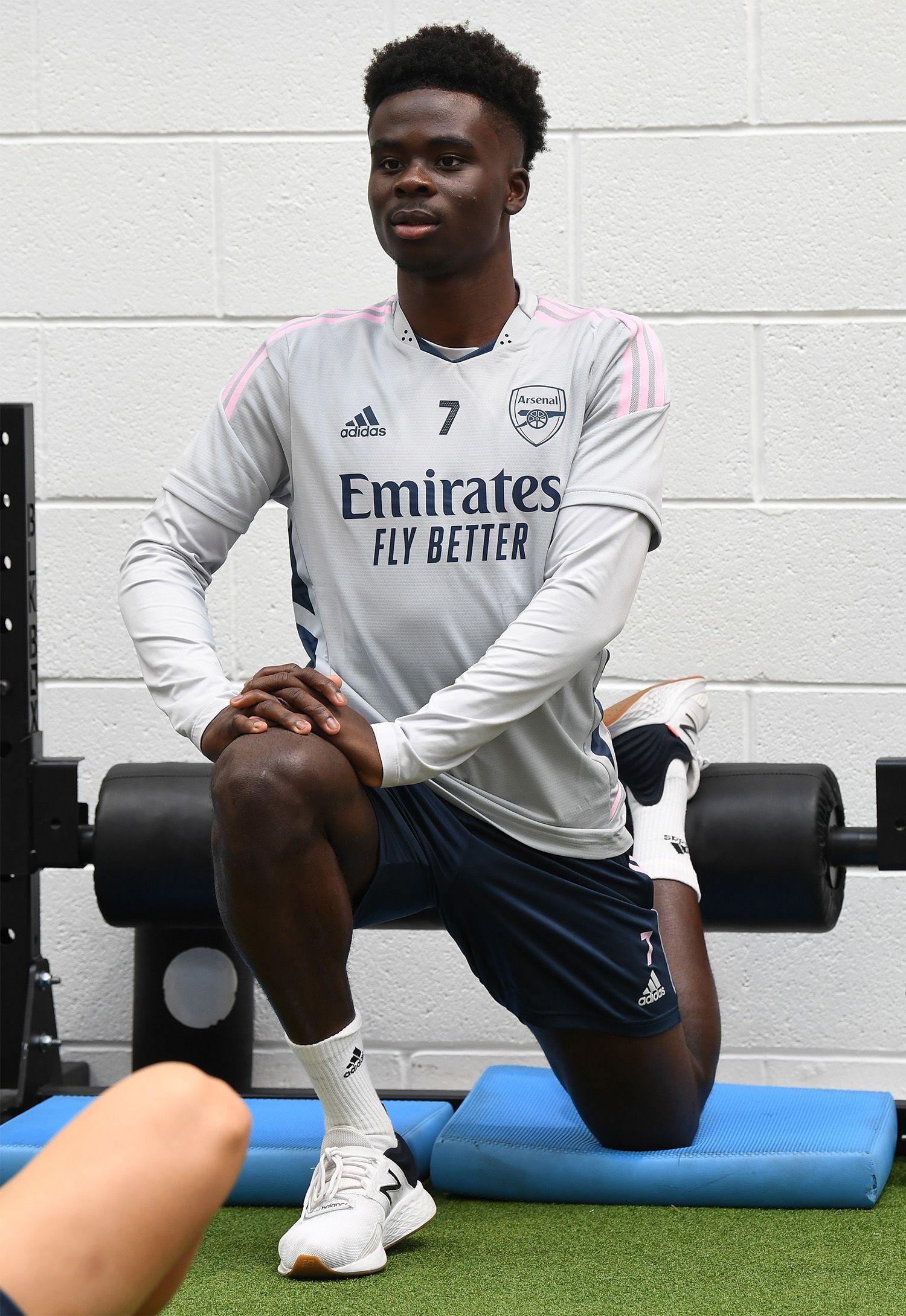
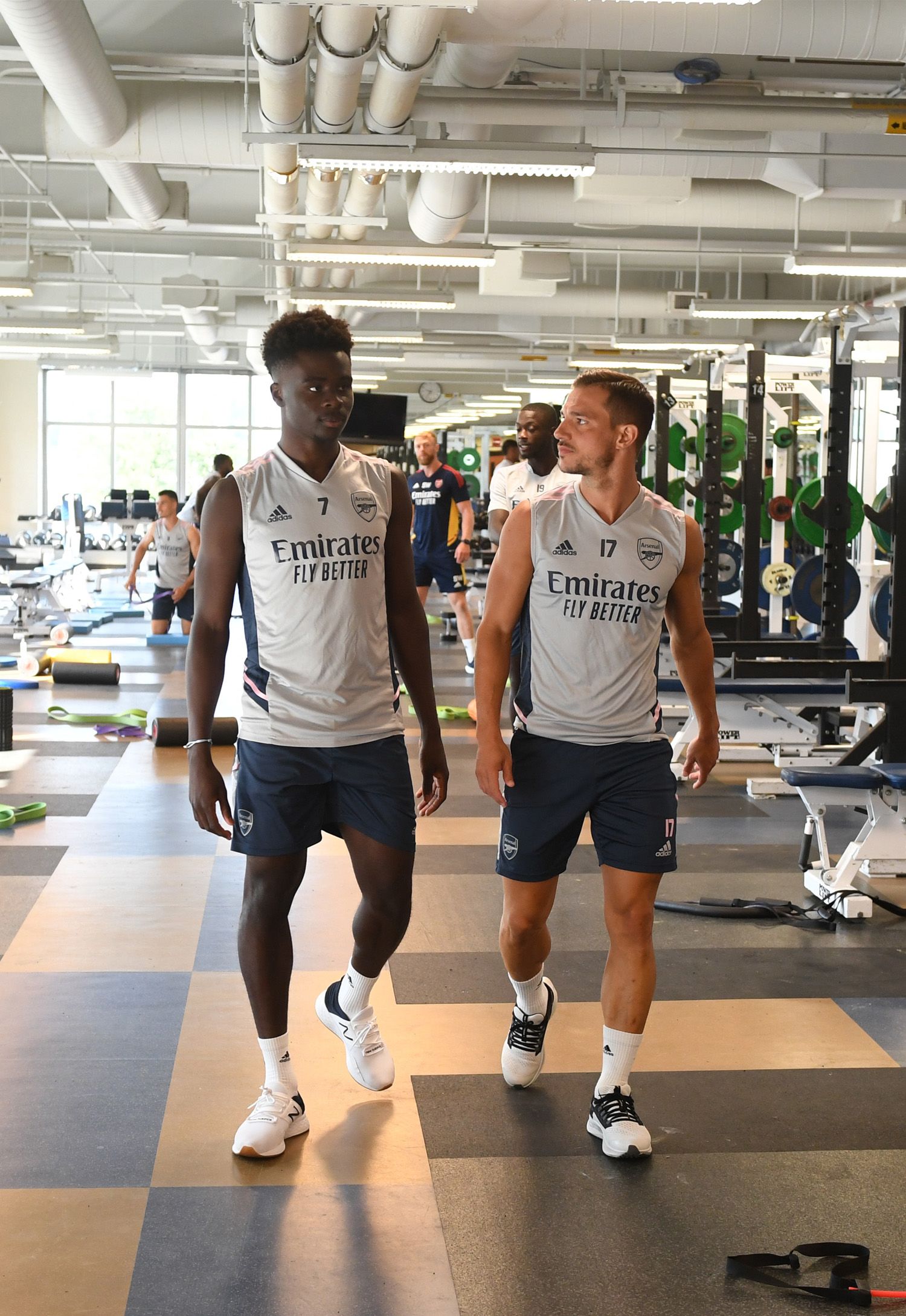
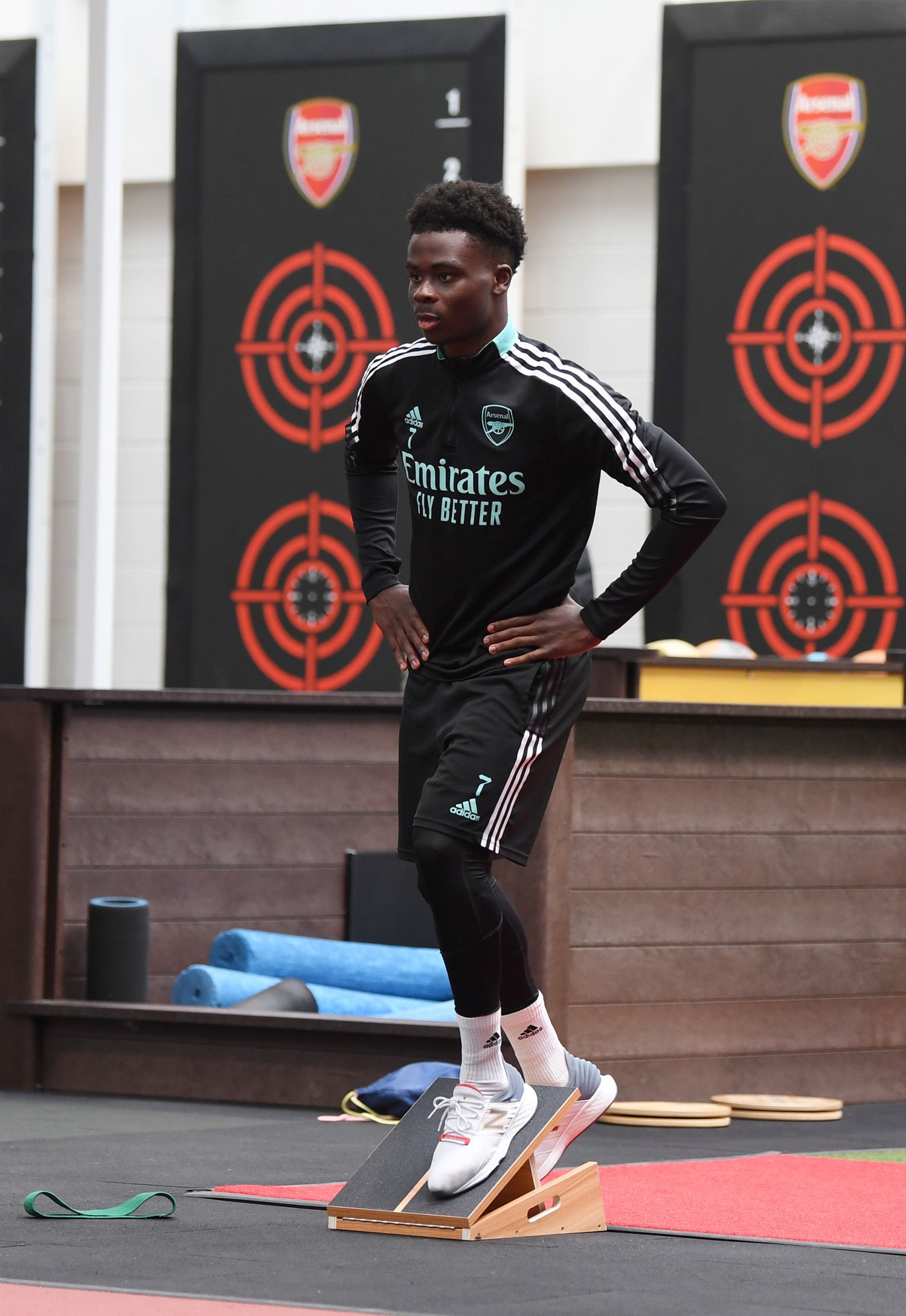
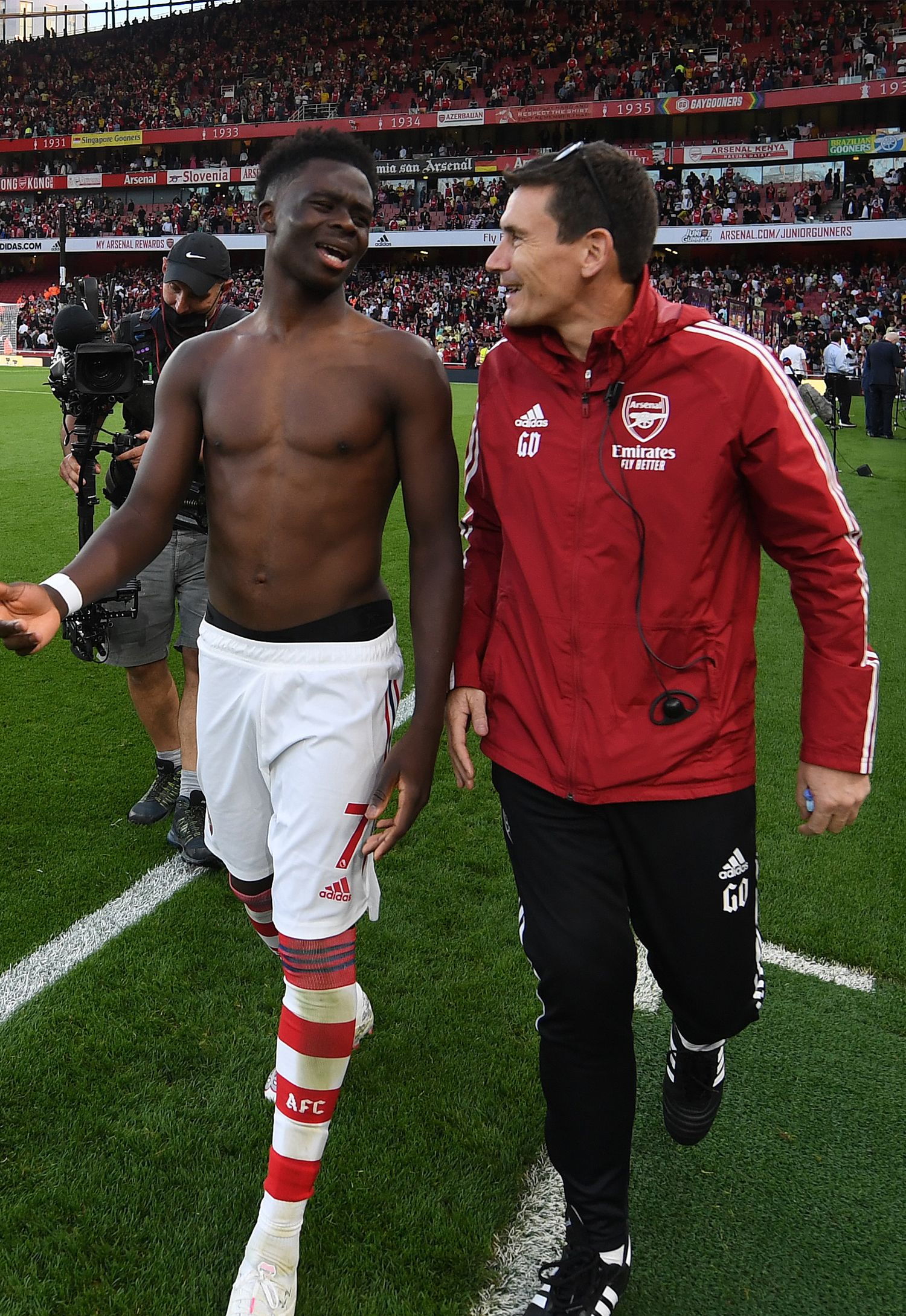
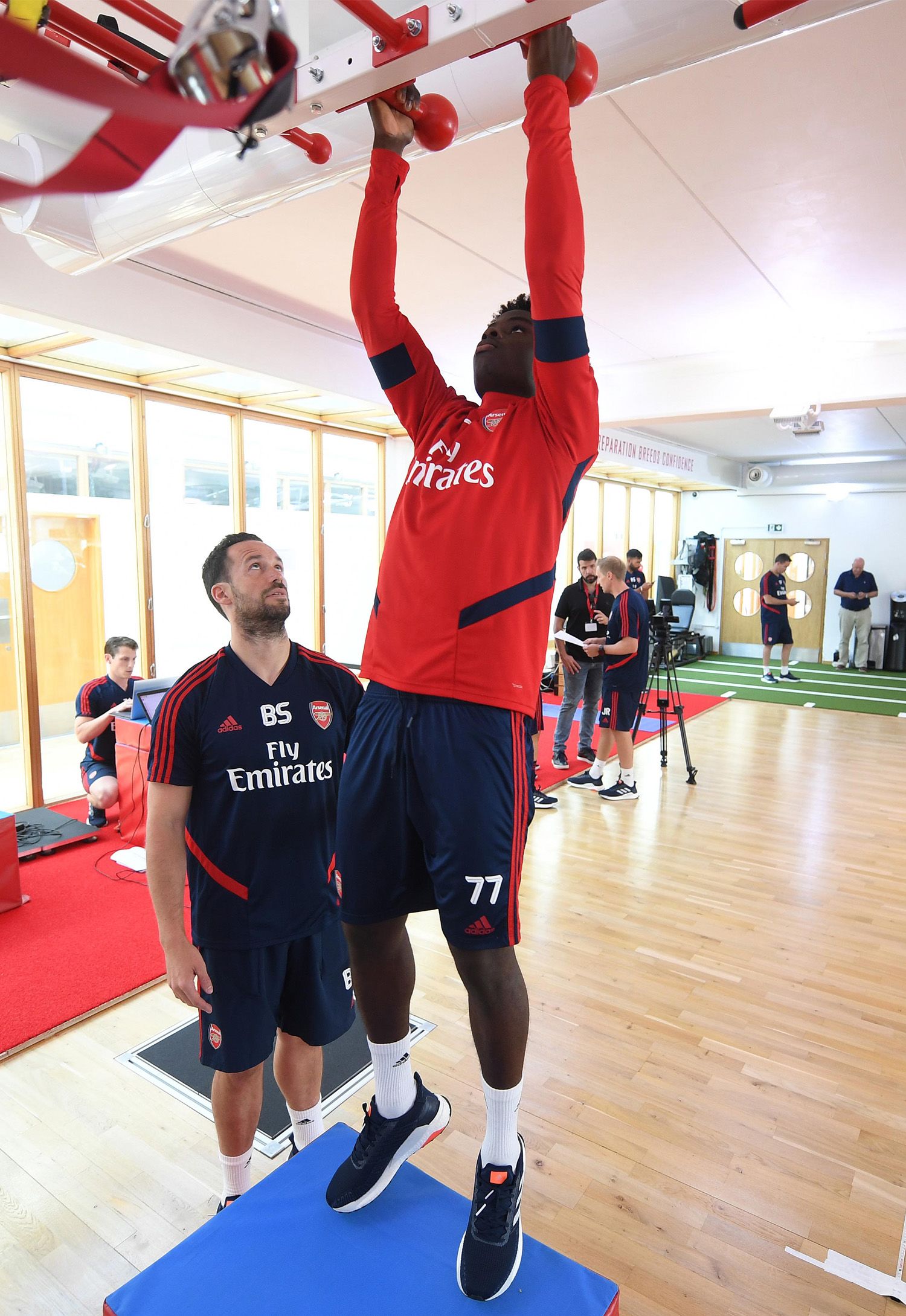
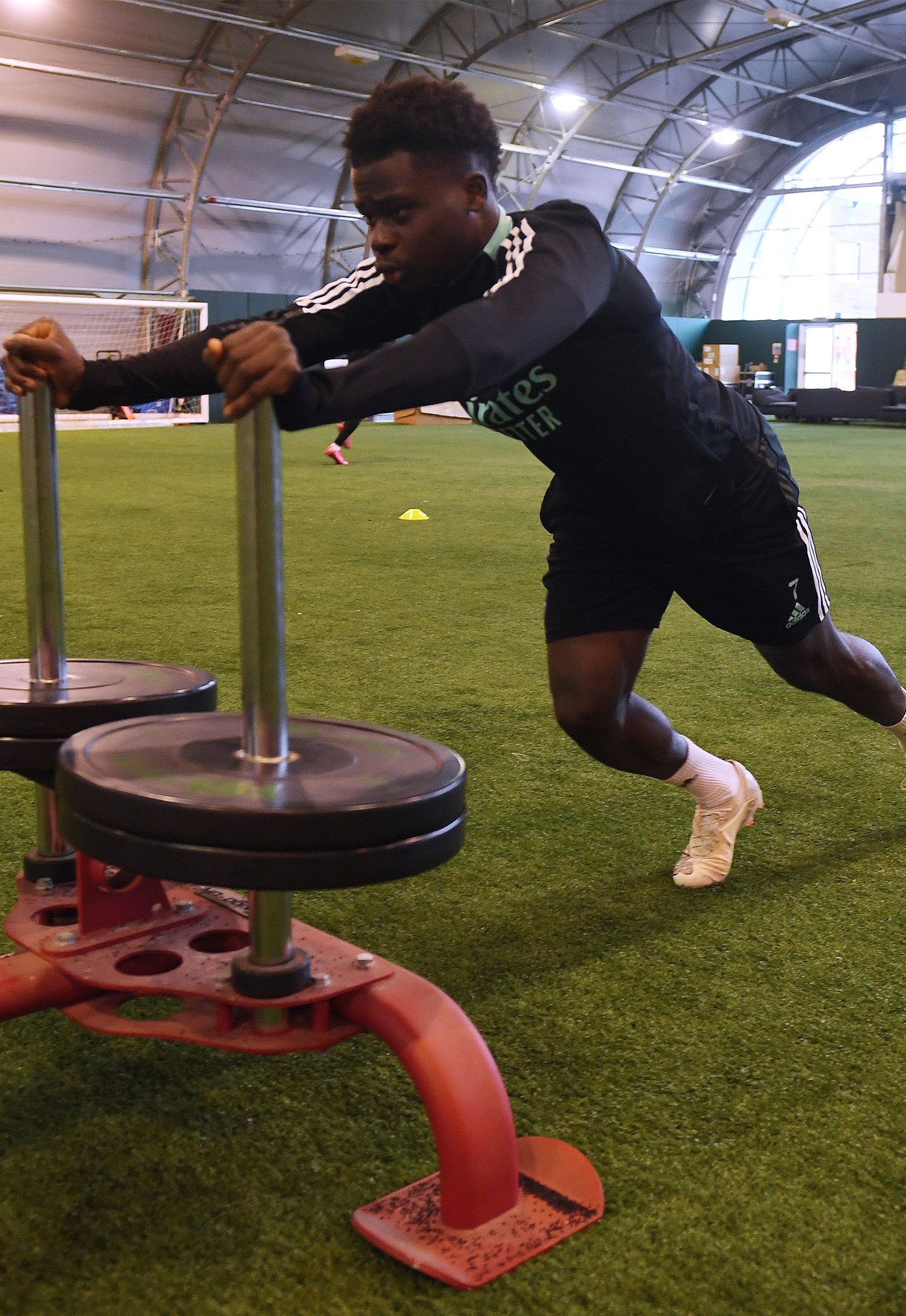
final word

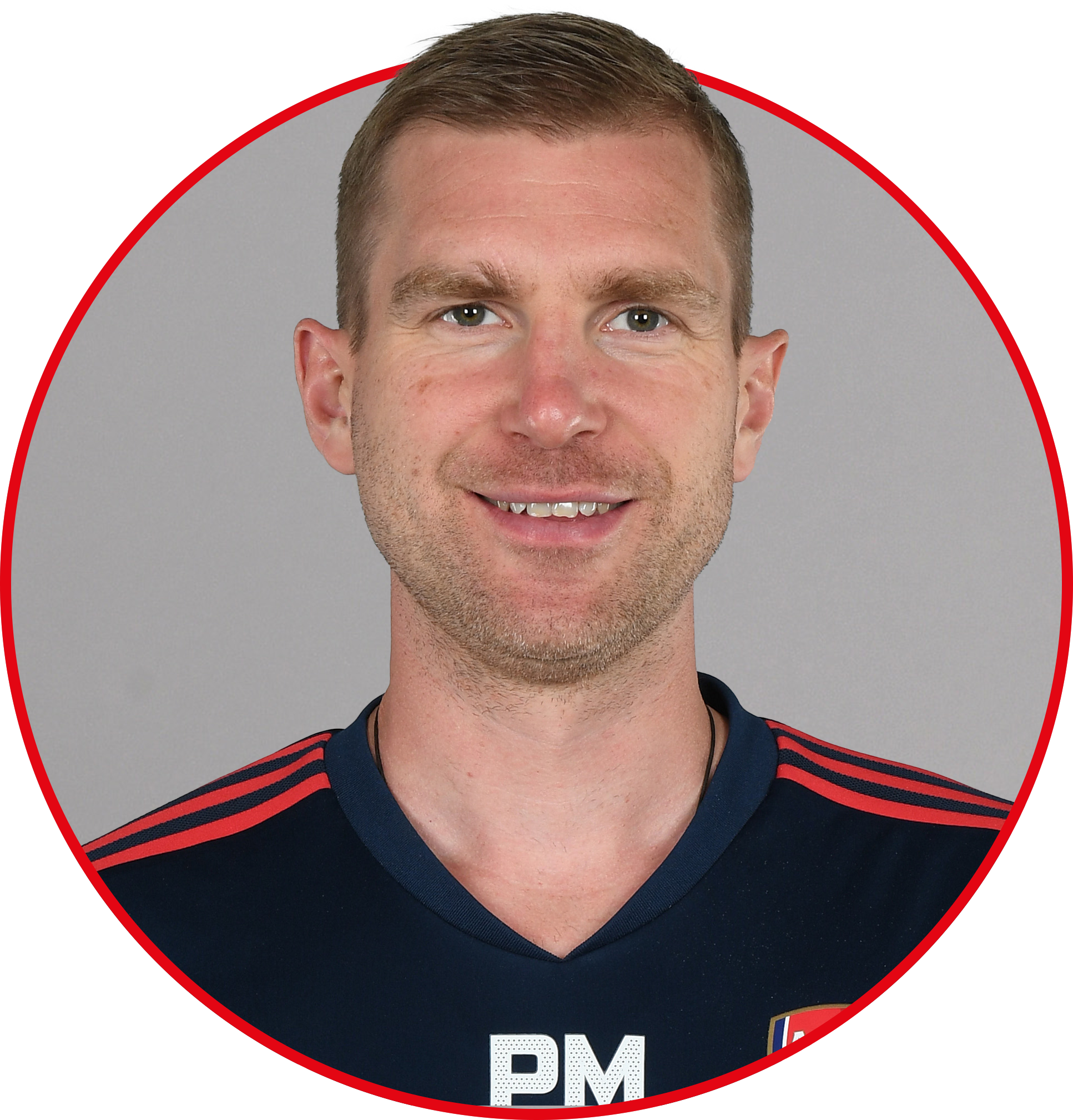
Per Mertesacker
“It's fantastic to have someone like him as one of ours. He started his journey with us so early, was part of the pre-academy, we signed him at under-nine, then he worked his way through the age groups. It’s a journey for him and his family that we are all really, really proud of here.”
And what’s more, he’s just getting started. Bukayo doesn’t turn 22 until early next season, and more challenges lay ahead.
He’s approaching 200 appearances, he’s the top scorer in the squad with 37 goals, and top assister (also 37). So what’s next for our double Player of the Year? Where does he go next on his Arsenal journey?
One legendary Arsenal No. 7 is excited to see what the current incumbent of his old shirt can achieve.
“He's a great player and he looks to be getting better all the time,” Liam Brady says. “He’s been at the very highest level from a really early age but the way he’s taken it all in his stride has been fantastic. He’s had a brilliant season, and he’s one of the main reasons why we have done so well.
“I’m looking forward to seeing him play in the Champions League next season. That’s the level he should be playing at and he can absolutely kick on there.”
From a physiological perspective, Gary agrees: “The amazing thing for us is that we don’t know what his limit is. He’s still 21! He’s still got lots of potential, and Mikel is very aware of this too. We are all very aware of it, but what we don’t want to do is push him too far physically. At the moment we have got a lot out of him, but we think we can get more.
“It’s so, so rare to have this combination of the mental capacity, his ambition and drive and a physiology that we don't know the limits of. We are going to progress gradually but we are excited that this could be just the start. We’ve learnt the lessons of players in the past though, and we want to not go too far with him.”
And though his time at Hale End is finished, his legacy there continues. He remains a role model for future generations of Arsenal players, in various regards.
“Absolutely,” Matt agrees. “Whether I'm speaking parents of under-fives who are thinking a long way ahead, or whether we are talking about recruiting boys at a younger age, the example I always give is Bukayo, because if he can do it with all of those other pressures, we have that expectation for everyone else as well.”
His influence on the academy continues in many ways, and the connections he built during his time in the youth system remain strong. Although Luke is no longer involved with Bukayo’s coaching, he remains close to the Saka family.
“Last season the first team beat Leeds at the Emirates,” Luke says, “and myself and some of the academy staff were given the opportunity to be in a box for the game. We found out that Bukayo’s and Emile’s families were in a box a bit further along, and they came into ours afterwards. I introduced my wife to Bukayo’s dad and it was just lovely to see them again, with his son now a huge part of the first team.”
It's left to Per Mertesacker to sum up the delight that everyone at the club feels for what Bukayo has achieved so far.
“It's fantastic to have someone like him as one of ours,” he beams. “He started his journey with us so early, was part of the pre-academy, we signed him at under-nine, then he worked his way through the age groups. It’s a journey for him and his family that we are all really, really proud of here.”
Now we’re all excited to see how far the journey can go.
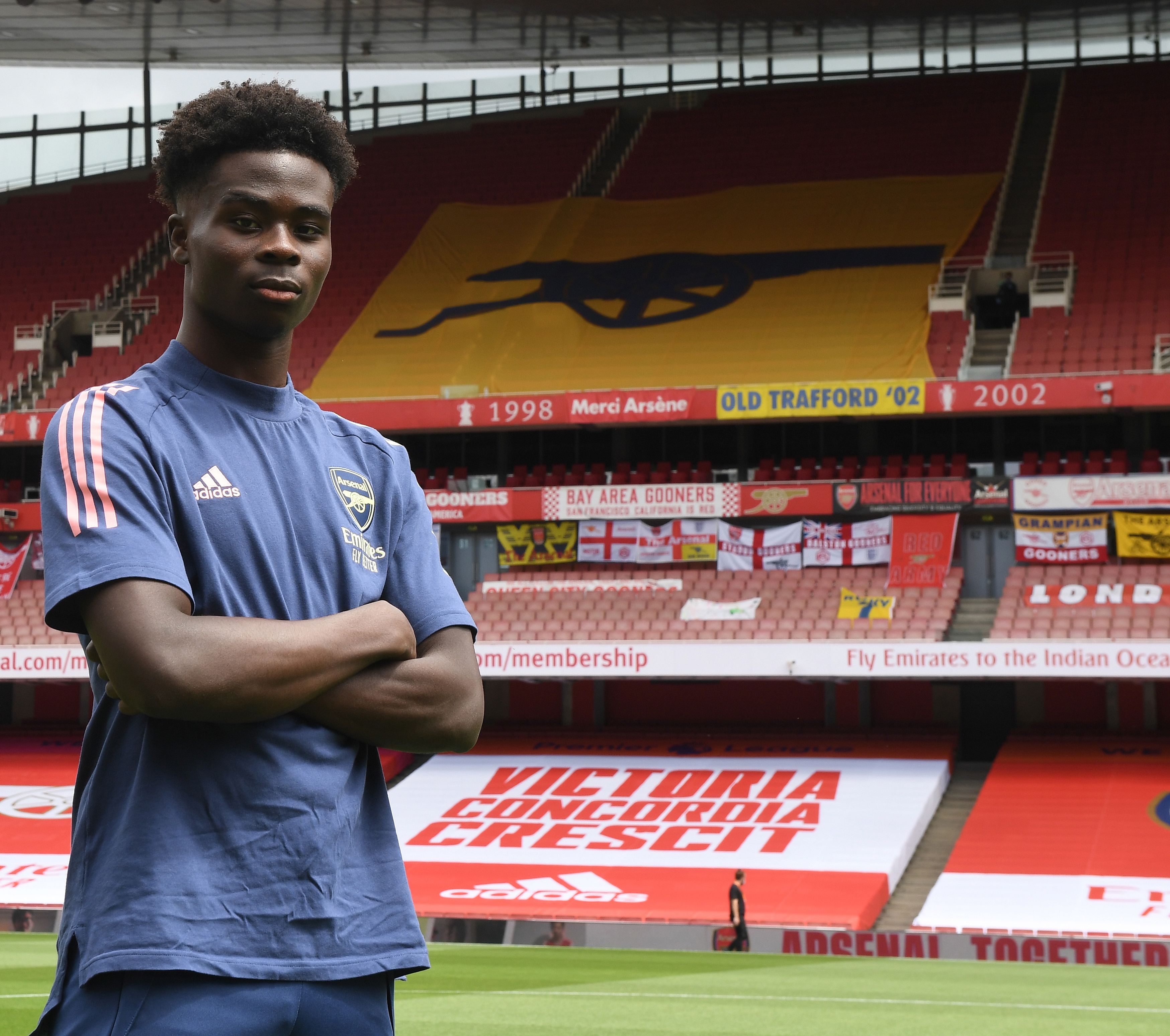
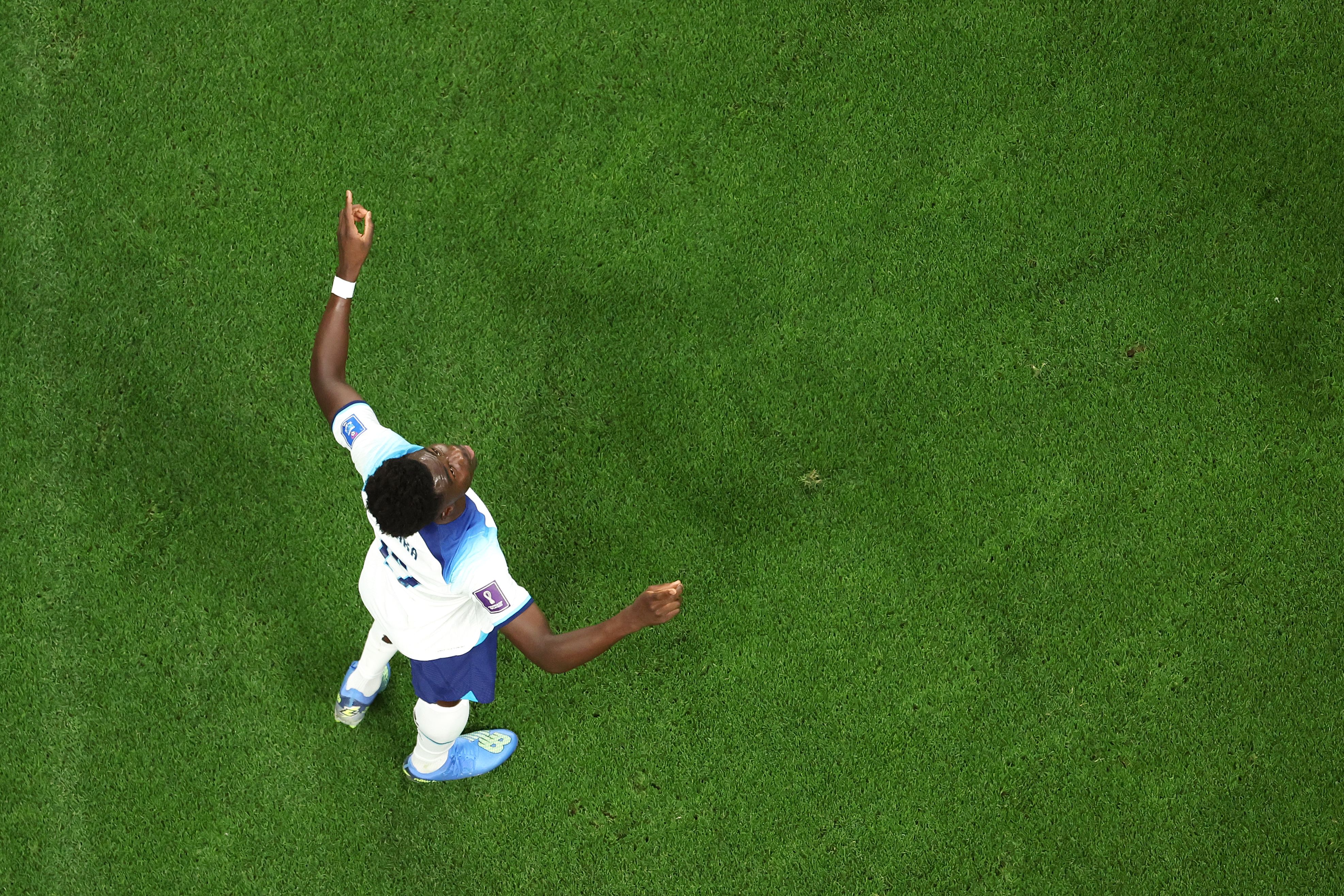
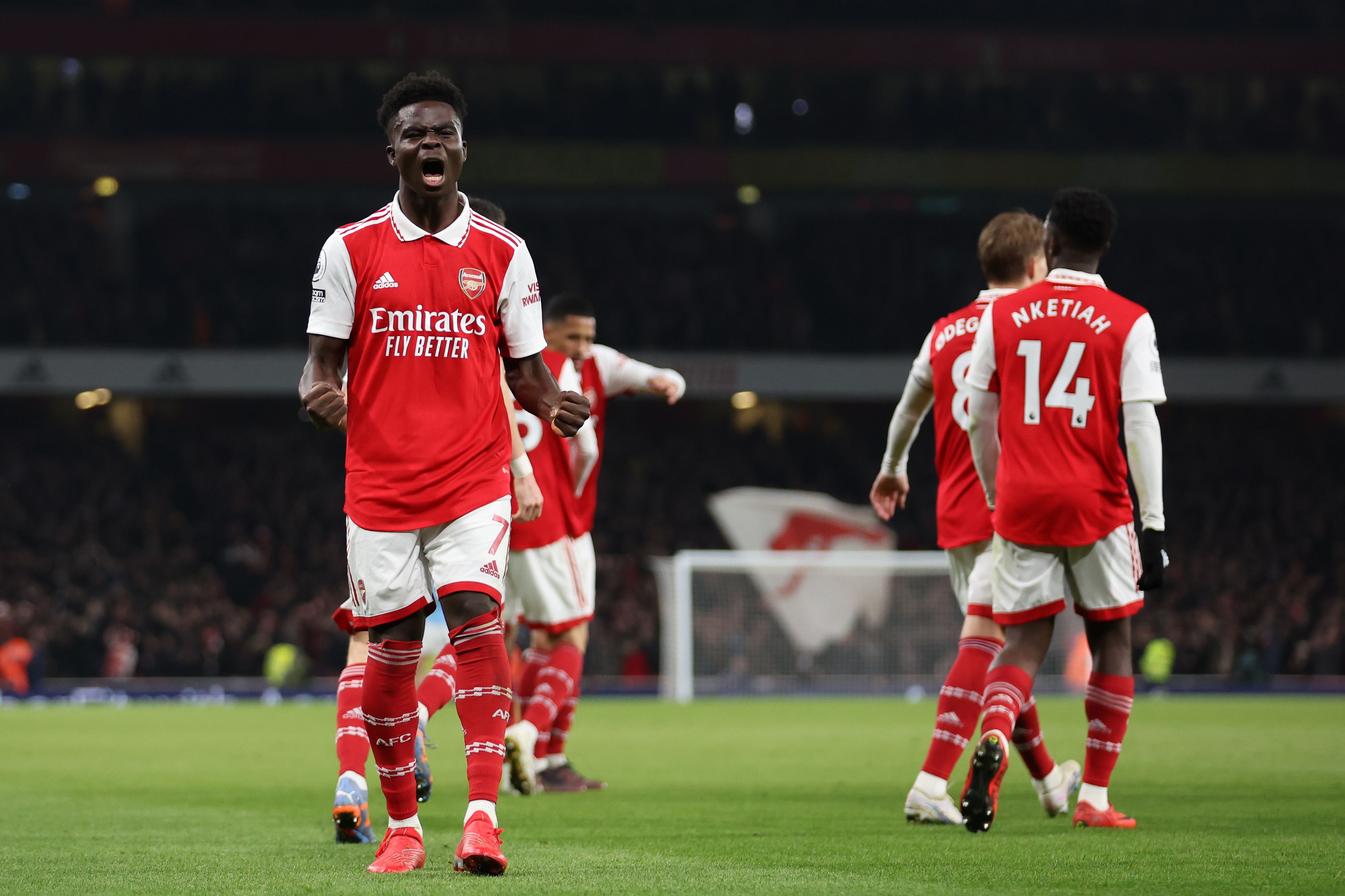
And what’s more, he’s just getting started. Bukayo doesn’t turn 22 until early next season, and more challenges lay ahead.
He’s approaching 200 appearances, he’s the top scorer in the squad with 37 goals, and top assister (also 37). So what’s next for our double Player of the Year? Where does he go next on his Arsenal journey?
One legendary Arsenal No. 7 is excited to see what the current incumbent of his old shirt can achieve.
“He's a great player and he looks to be getting better all the time,” Liam Brady says. “He’s been at the very highest level from a really early age but the way he’s taken it all in his stride has been fantastic. He’s had a brilliant season, and he’s one of the main reasons why we have done so well.
“I’m looking forward to seeing him play in the Champions League next season. That’s the level he should be playing at and he can absolutely kick on there.”
From a physiological perspective, Gary agrees: “The amazing thing for us is that we don’t know what his limit is. He’s still 21! He’s still got lots of potential, and Mikel is very aware of this too. We are all very aware of it, but what we don’t want to do is push him too far physically. At the moment we have got a lot out of him, but we think we can get more.
“It’s so, so rare to have this combination of the mental capacity, his ambition and drive and a physiology that we don't know the limits of. We are going to progress gradually but we are excited that this could be just the start. We’ve learnt the lessons of players in the past though, and we want to not go too far with him.”
And though his time at Hale End is finished, his legacy there continues. He remains a role model for future generations of Arsenal players, in various regards.
“Absolutely,” Matt agrees. “Whether I'm speaking parents of under-fives who are thinking a long way ahead, or whether we are talking about recruiting boys at a younger age, the example I always give is Bukayo, because if he can do it with all of those other pressures, we have that expectation for everyone else as well.”
His influence on the academy continues in many ways, and the connections he built during his time in the youth system remain strong. Although Luke is no longer involved with Bukayo’s coaching, he remains close to the Saka family.
“Last season the first team beat Leeds at the Emirates,” Luke says, “and myself and some of the academy staff were given the opportunity to be in a box for the game. We found out that Bukayo’s and Emile’s families were in a box a bit further along, and they came in ours afterwards. I introduced my wife to Bukayo’s dad and it was just lovely to see them again, with his son now a huge part of the first team.”
It's left to Per Mertesacker to sum up the delight that everyone at the club feels for what Bukayo has achieved so far.
“It's fantastic to have someone like him as one of ours,” he beams. “He started his journey with us so early, was part of the pre-academy, we signed him at under-nine, then he worked his way through the age groups. It’s a journey for him and his family that we are all really, really proud of here.”
Now we’re all excited to see how far the journey can go.
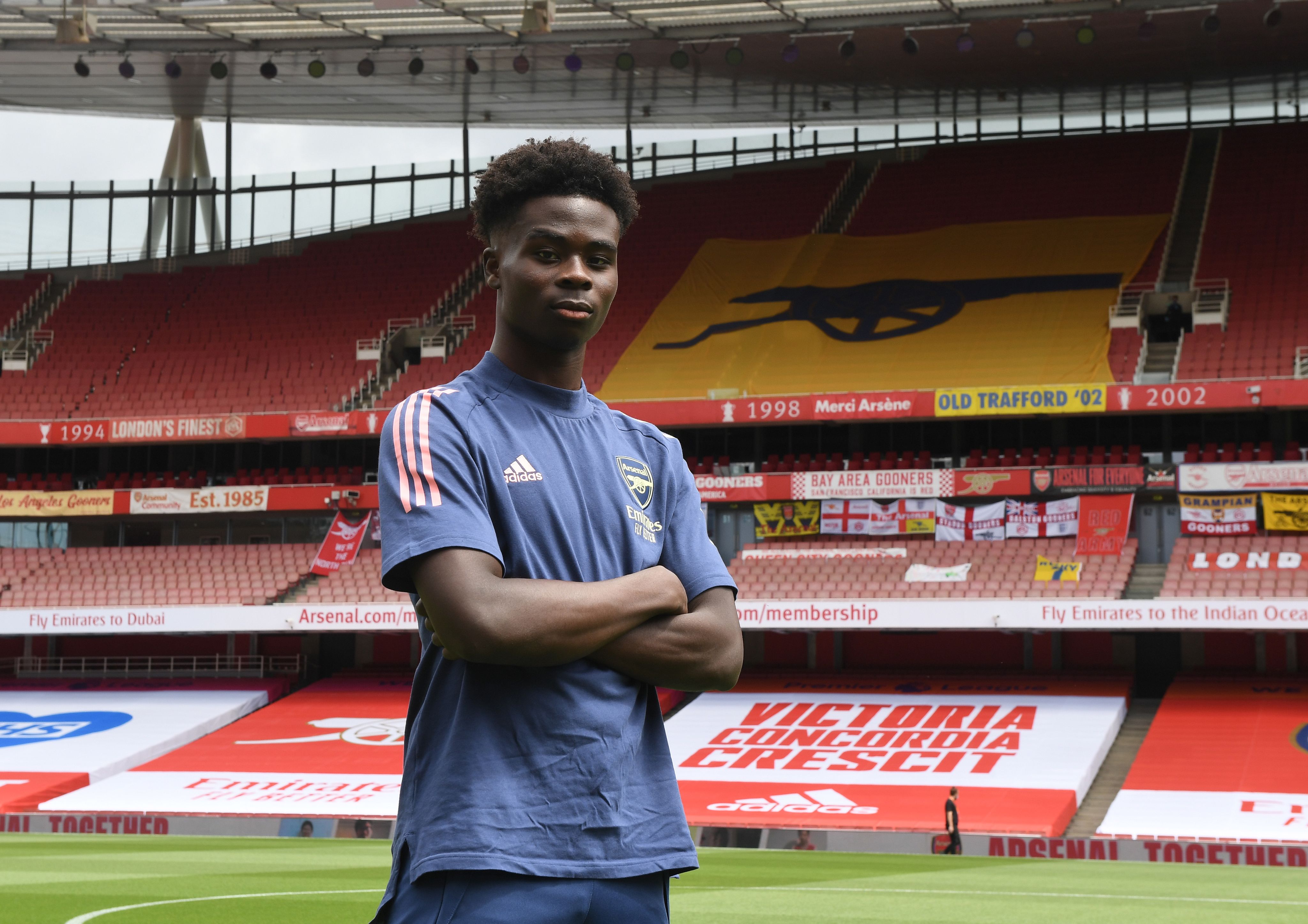
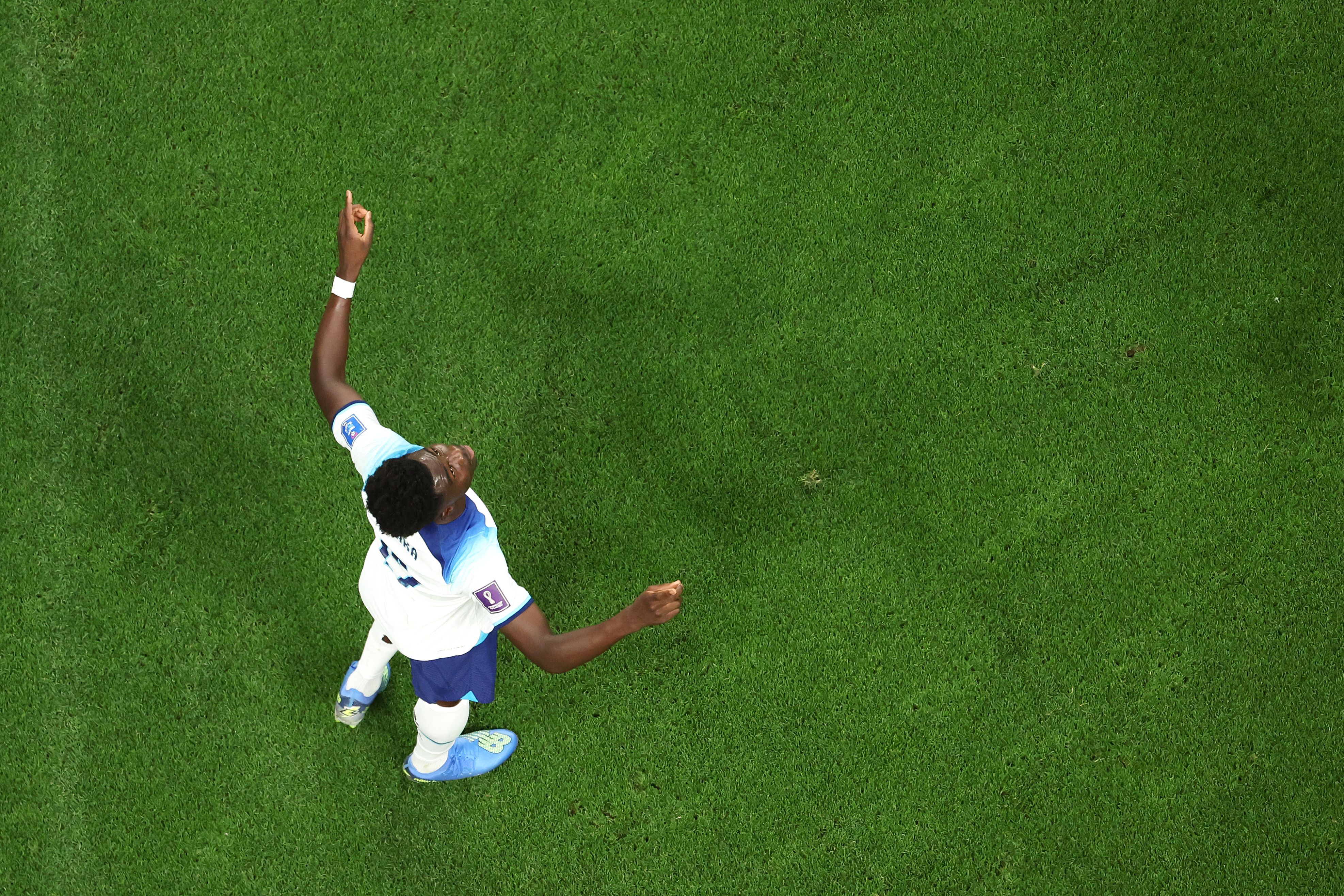

Bukayo Saka
season-by-season
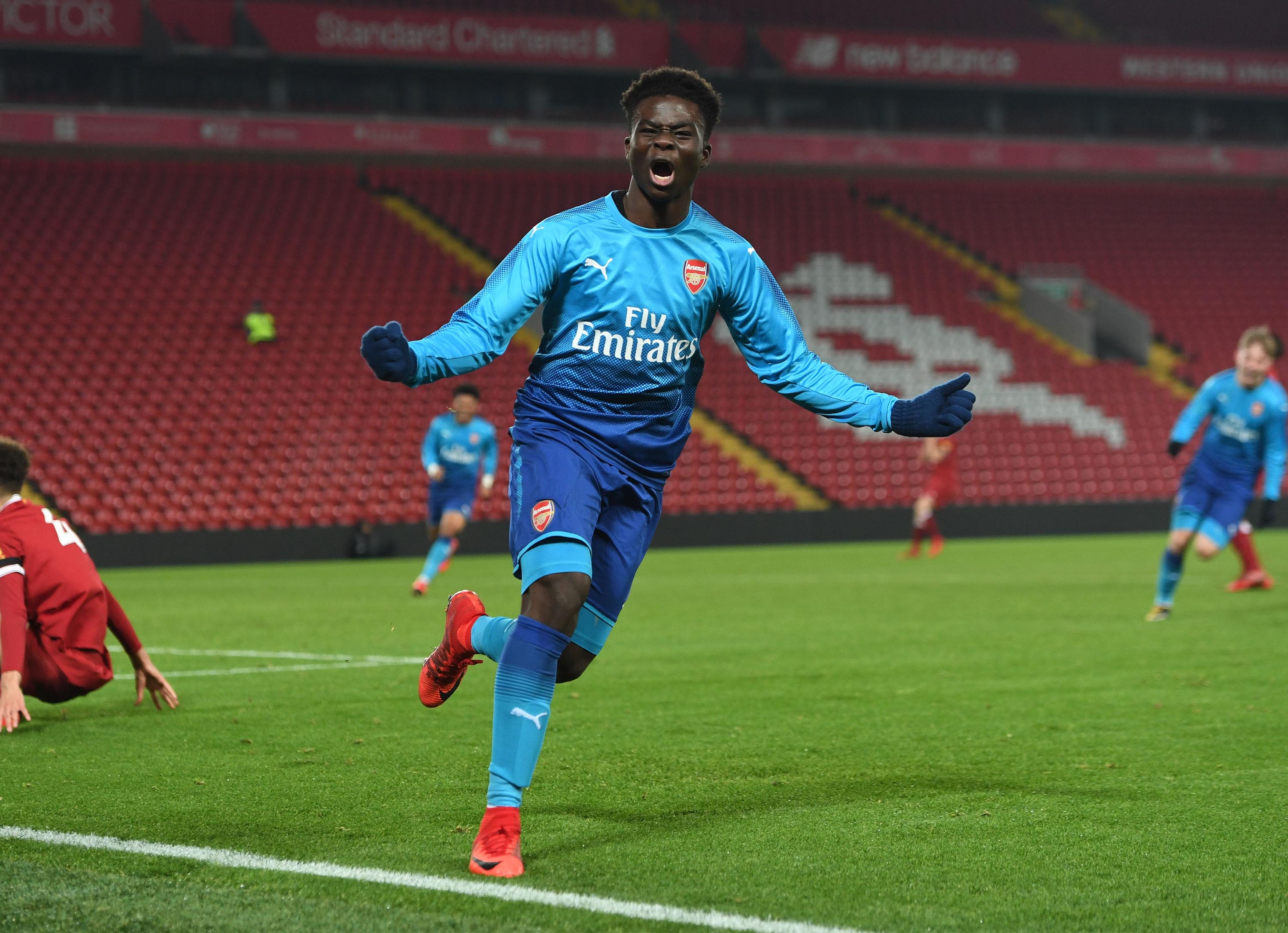
Scoring at Anfield in the FA Youth Cup in January 2018
Scoring at Anfield in the FA Youth Cup in January 2018
2017/18
Bukayo made his debut for the under-18s during the 2017/18 season, when he was just 16, and was soon an instrumental part of Kwame Ampadu’s team, scoring eight goals from 14 league starts, and netting twice in the FA Youth Cup campaign, helping the side reach the final.
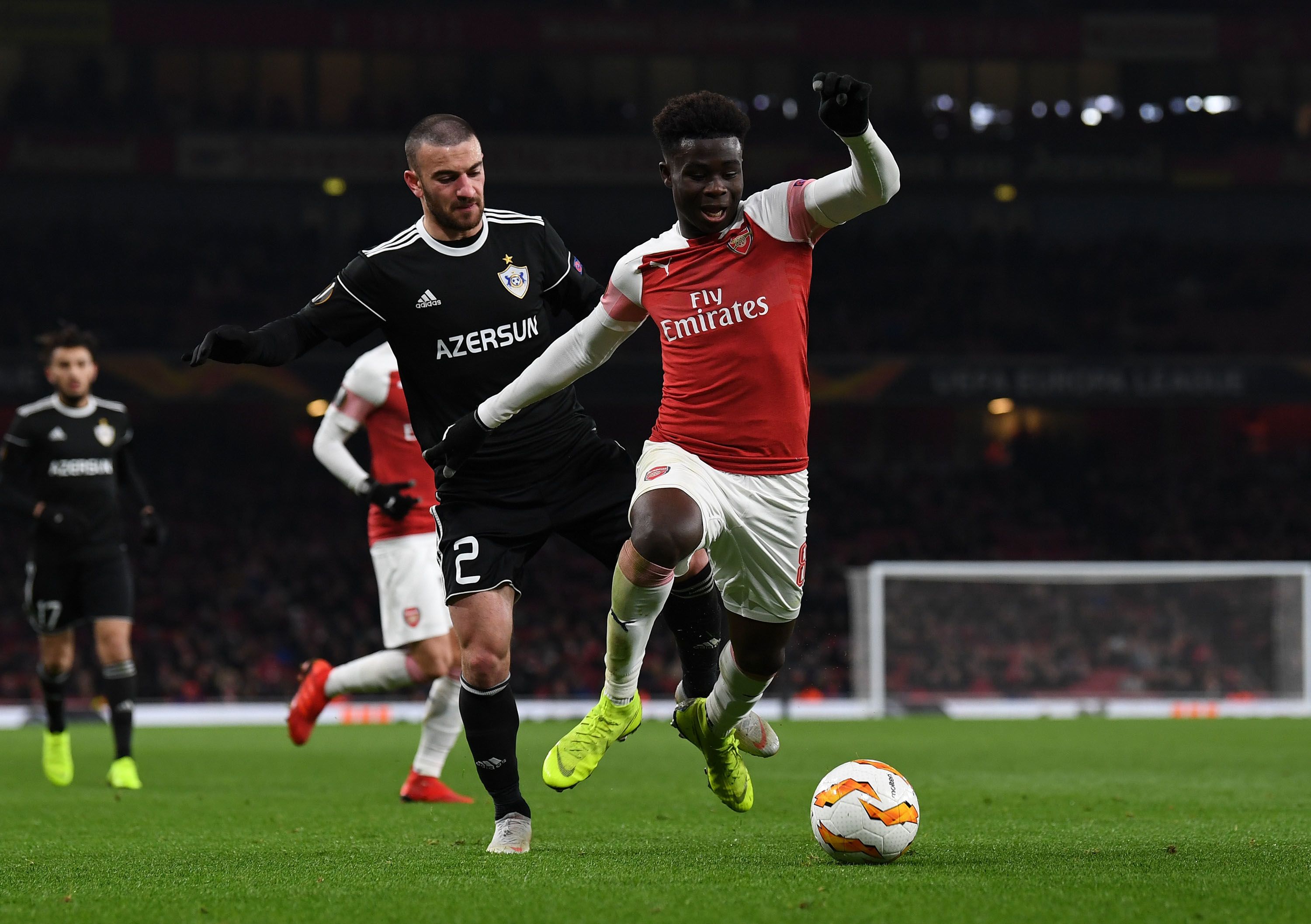
In action against Qarabag in the Europa League in December 2018
In action against Qarabag in the Europa League in December 2018
2018/19
Season 2018/19 was Bukayo’s first as a full-time scholar based at London Colney, but he was already progressing from the under-18 side. He started just five games at that level – scoring eight times. He made his debut for the under-23s, scoring five from 14 starts, and also netted for the under-21s in the Checkatrade Trophy. Youth football would soon be behind him forever though, he made his first-team debut in the Europa League in November 2019, and his Premier League and FA Cup debuts in early January. He was an unused sub for the Europa League final in Baku on the final day of the season.
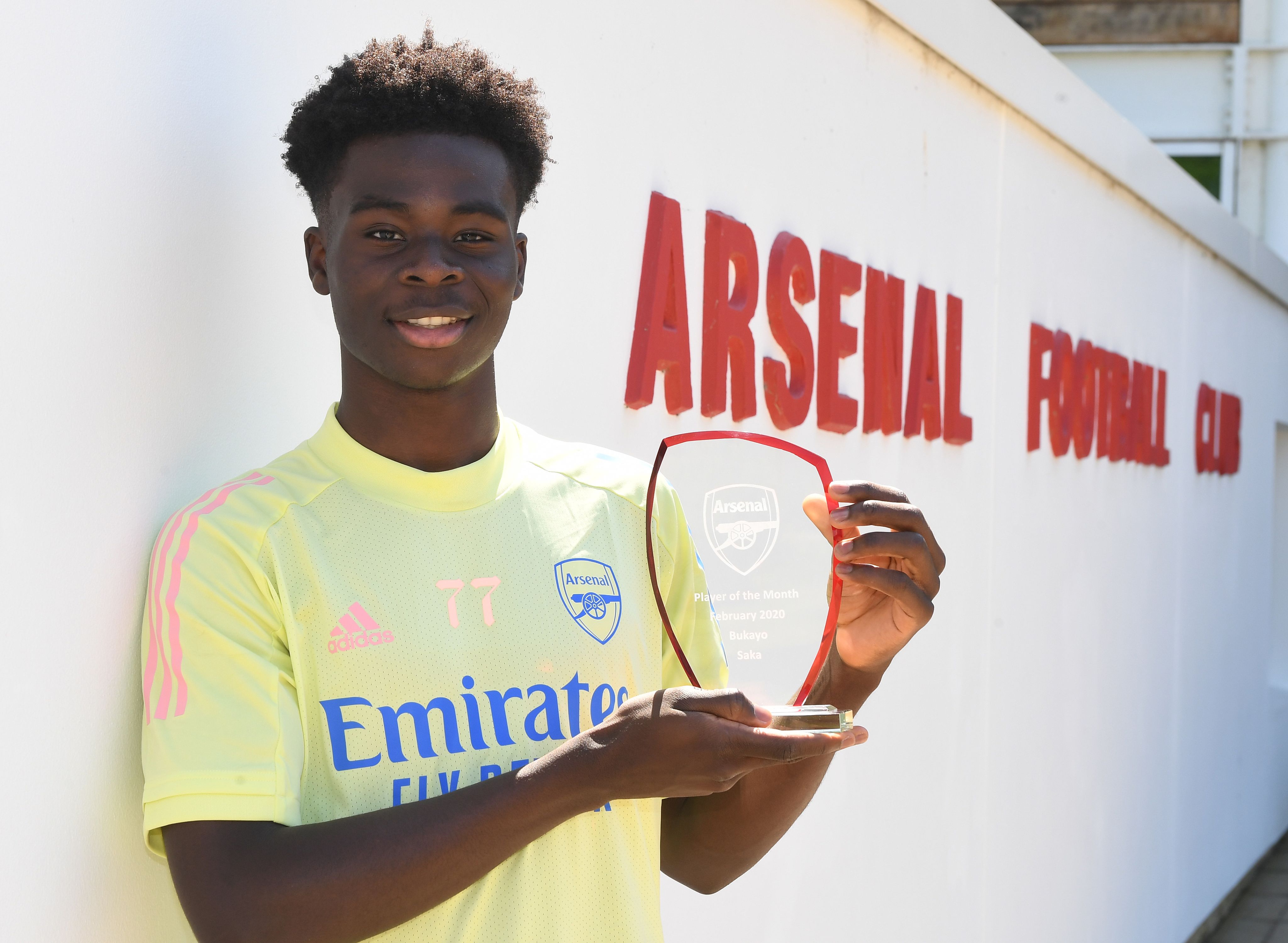
Presented with his first Arsenal Player of the Month award
Presented with his first Arsenal Player of the Month award
2019/20
This was Bukayo’s real breakthrough season, starring in all four first-team competitions, aged 18. He scored four goals from his 38 appearances, but more notably topped our assists charts with 12 in all competitions. He won his first Arsenal Player of the Month award in February 2020, just before his progress was halted by the Covid-enforced football hiatus. He finished the season as an unused substitute at Wembley as we beat Chelsea 2-1 to win the FA Cup.
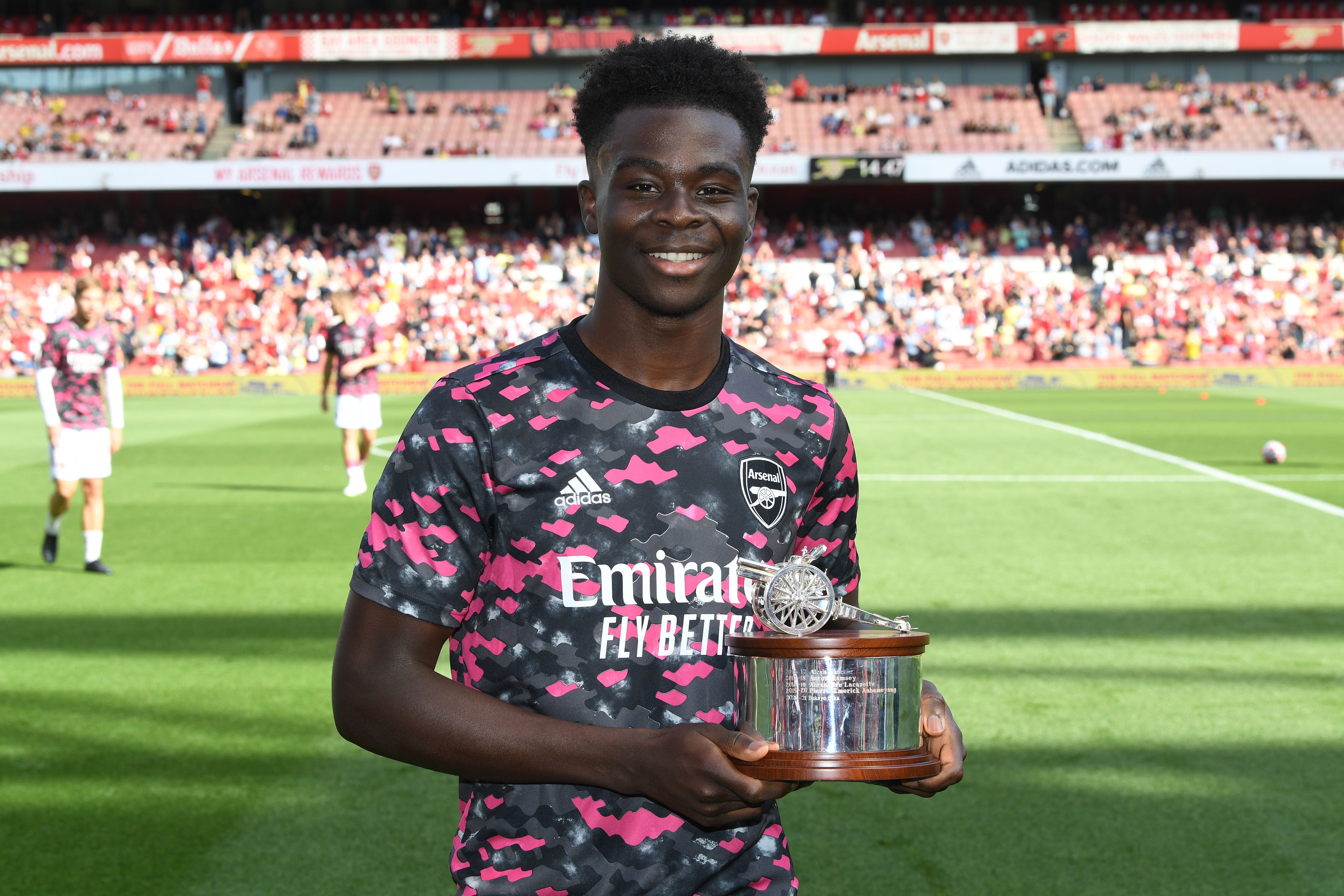
Arsenal Player of the Season, 2020/21
Arsenal Player of the Season, 2020/21
2020/21
Our No. 7 was voted Arsenal Player of the Season after another standout campaign in 2020/21. Winning three consecutive Arsenal Player of the Month awards between December and February, he again topped our assists charts in all competitions (with seven) and added the same number of goals. His first appearance at Wembley for us came at the start of the campaign, when he played 82 minutes of the Community Shield win over Liverpool, assisting Pierre-Emerick Aubameyang’s goal. He made his senior England debut at the start of the season, and finished the campaign at Euro 2020 by becoming the country’s youngest-ever player in a major final.
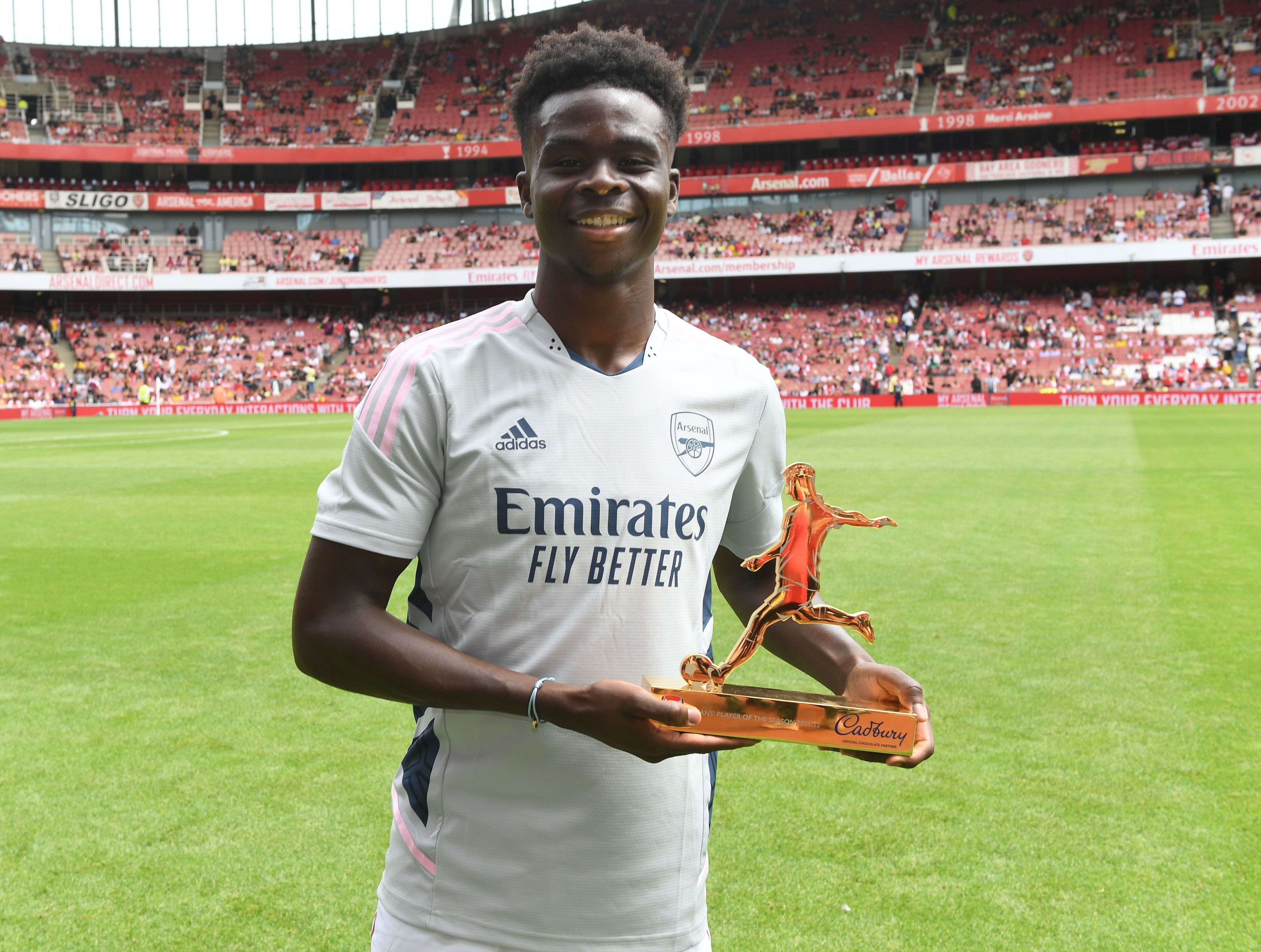
Player of the Season again, in 2021/22
Player of the Season again, in 2021/22
2021/22
Last season Bukayo became the first player since Thierry Henry to be named Arsenal Player of the Season in consecutive years, after another exceptional campaign in which he was ever-present in the Premier League. Our top scorer with 12 goals, he was shortlisted for the Premier League Player of the Season, Young Player of the Season and PFA Young Player of the Season awards.
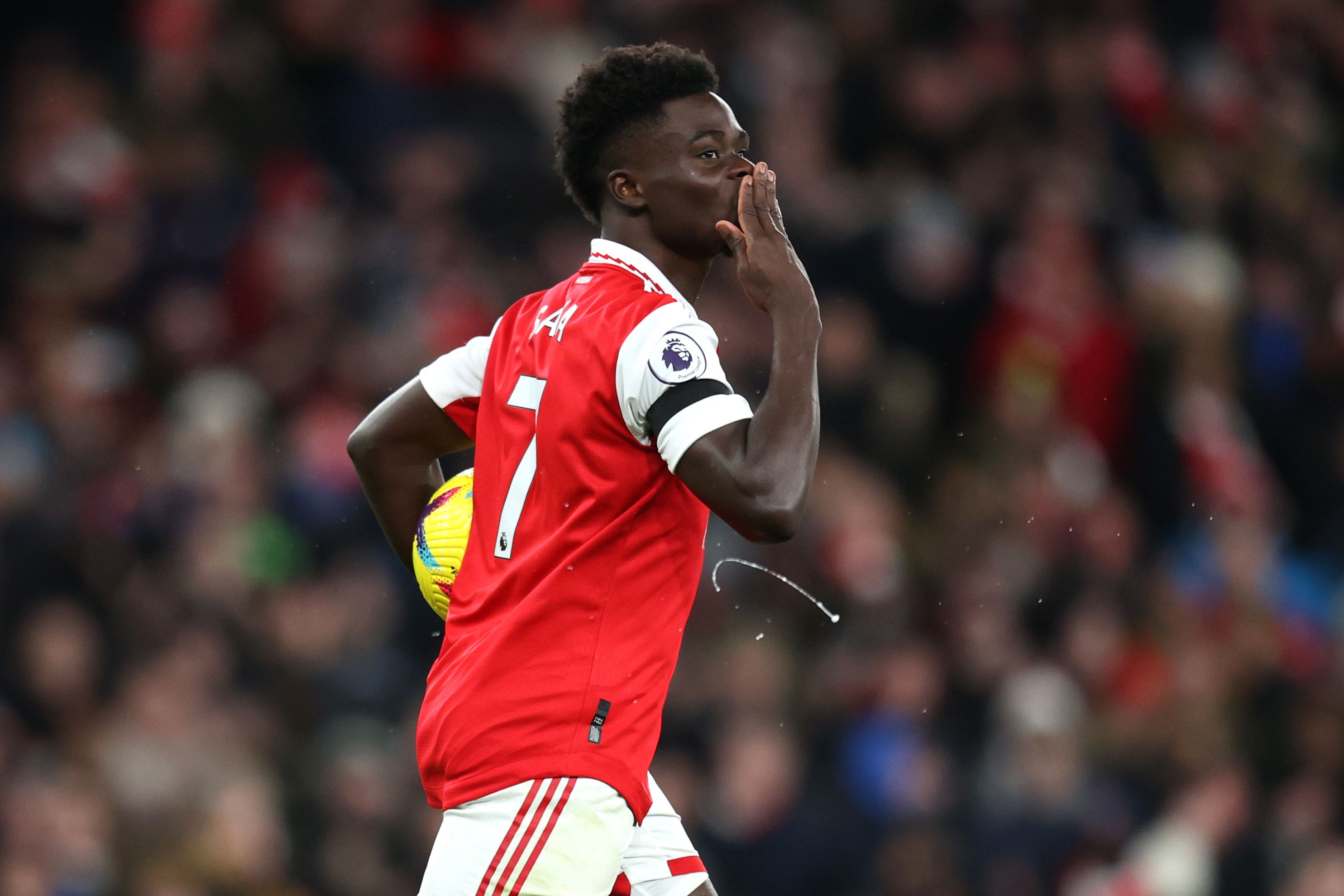
Celebrating his goal against West Ham United in December 2022
Celebrating his goal against West Ham United in December 2022
2022/23
Bukayo scaled yet higher heights in 2022/23, extending his run of consecutive Premier League appearances to more than 70, and reaching 50 combined career goals and assists in the league. In August he became the second-youngest player to play 100 Premier League games for us, and was named Premier League Player of the Month for the first time in March.
The class
of 2018/19
where are they now?
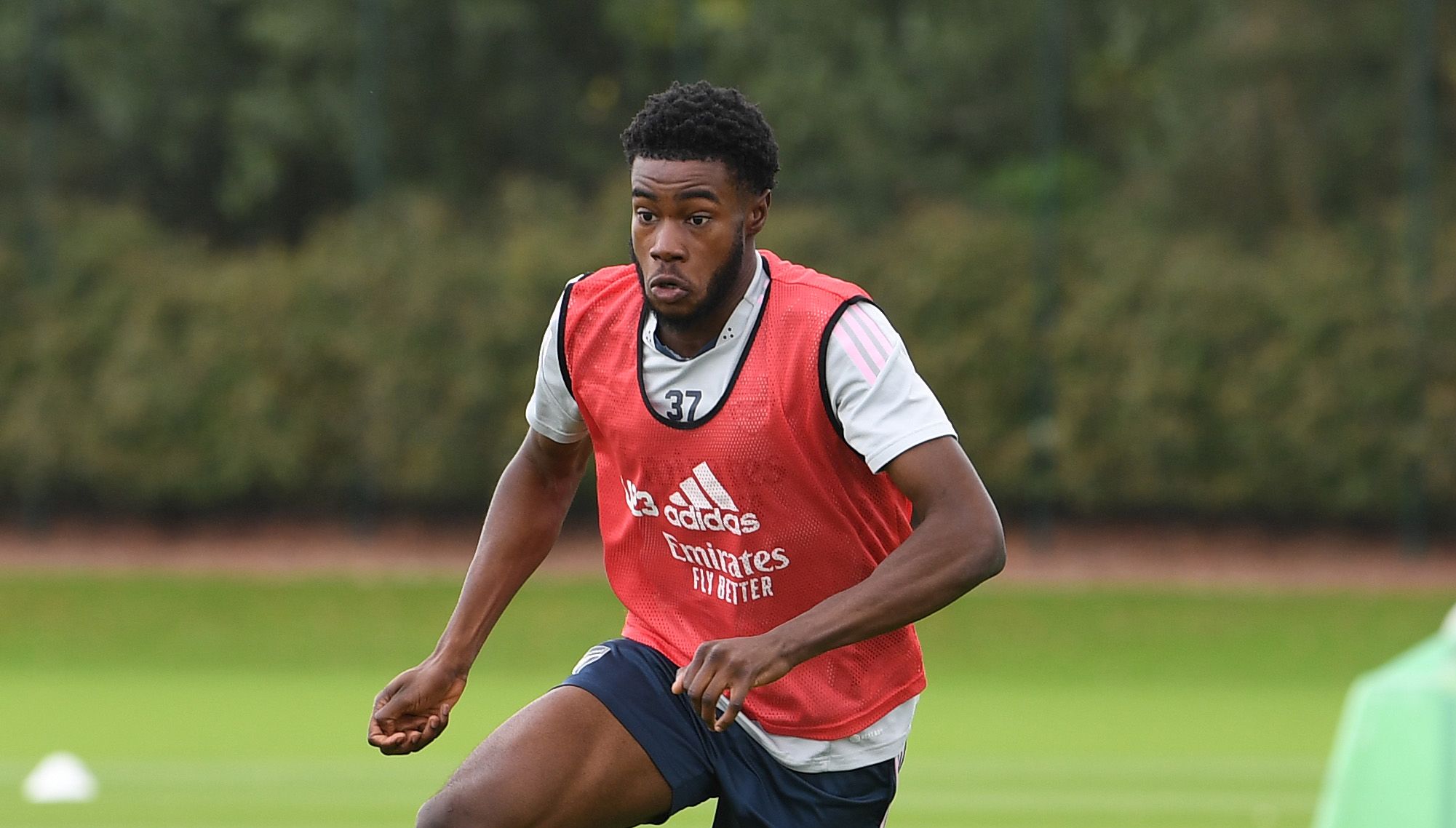
Ryan Alebiosu
Right-back still on our books, loaned to Kilmarnock in the Scottish Premiership in 2022/23.
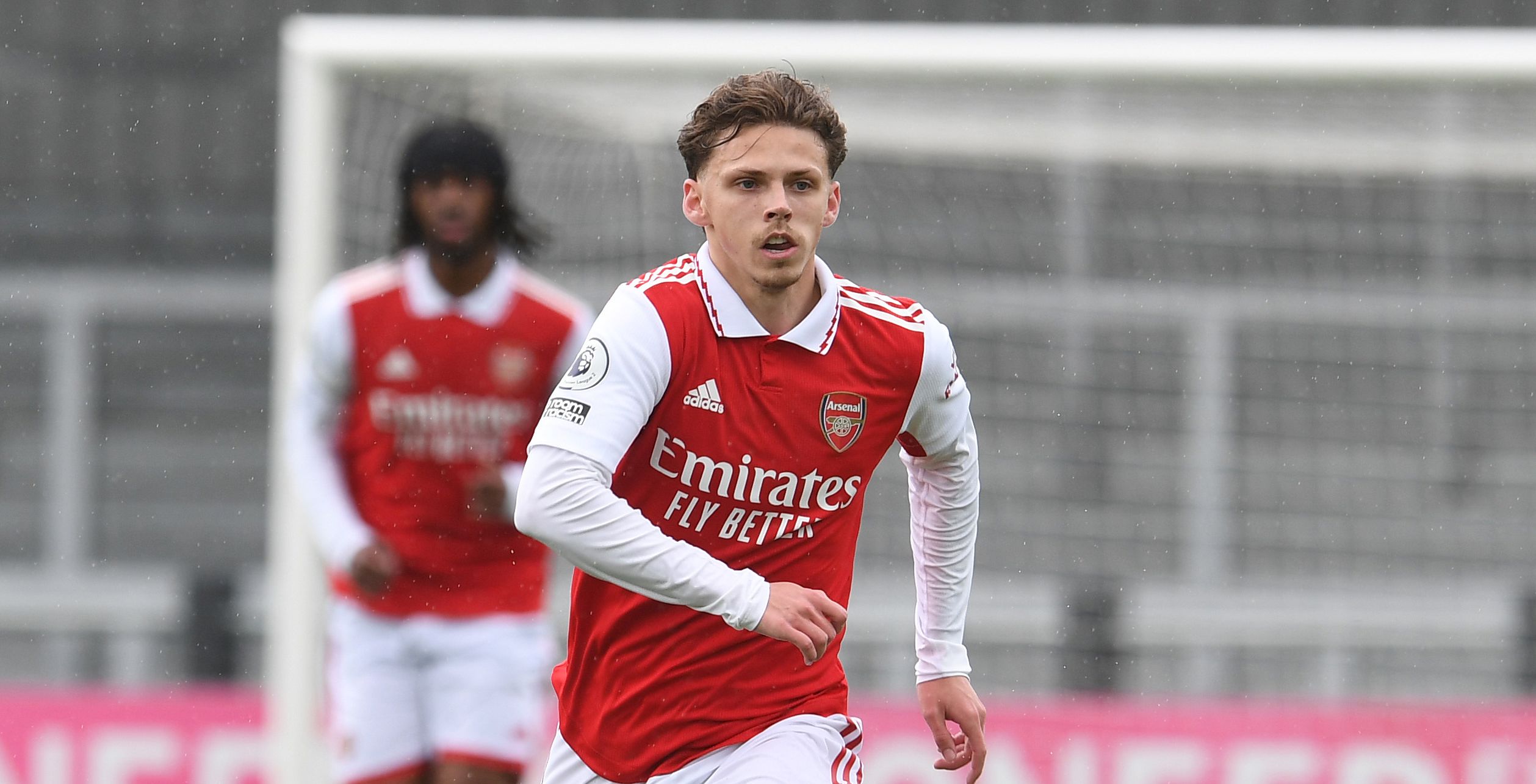
Ben Cottrell
Central midfielder still at the club, captain of the under-21 side after recovering from injury late last season.
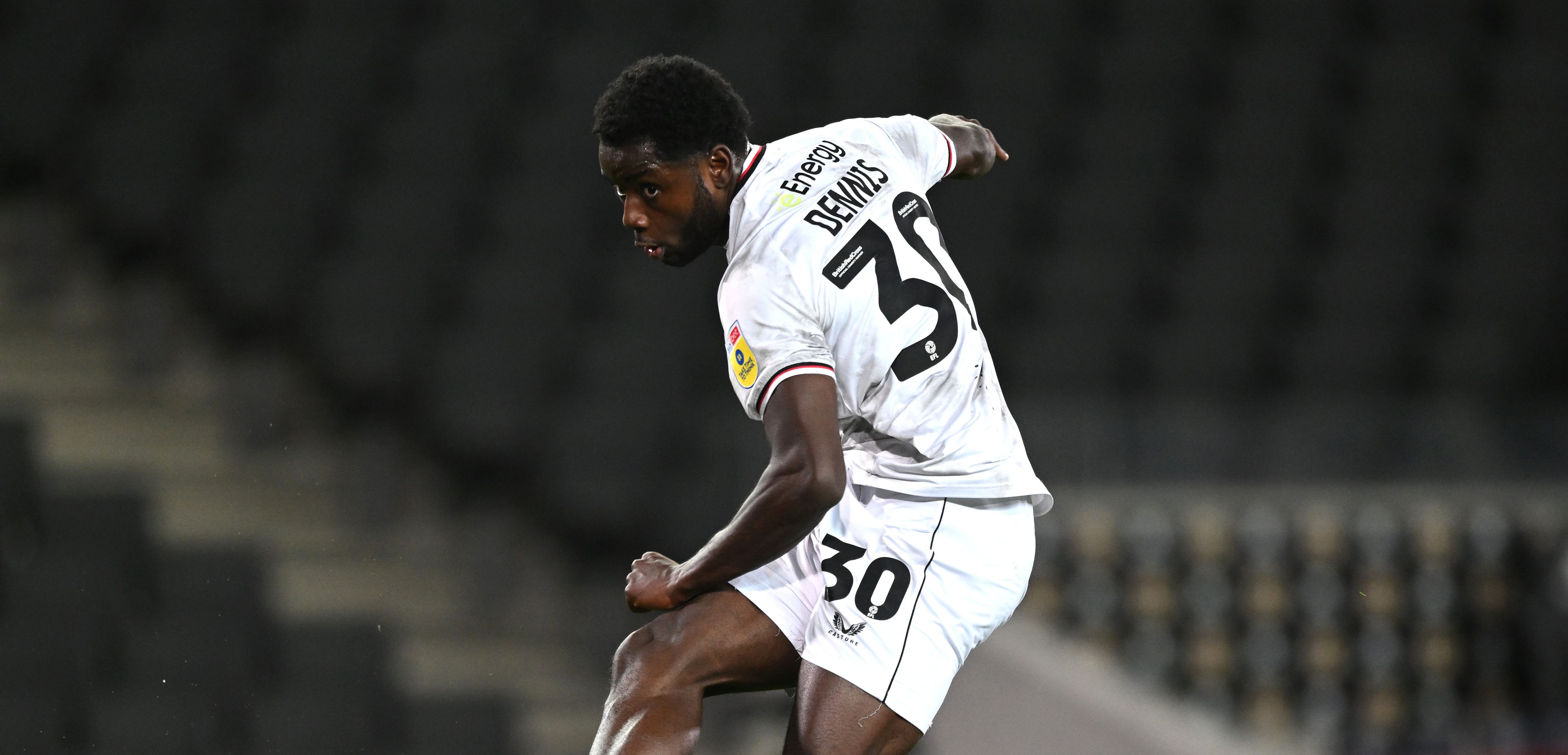
Matthew Dennis
A forward who left for Norwich in July 2020. Since had a successful loan spell at Southend United and is now at Milton Keynes Dons in League One.
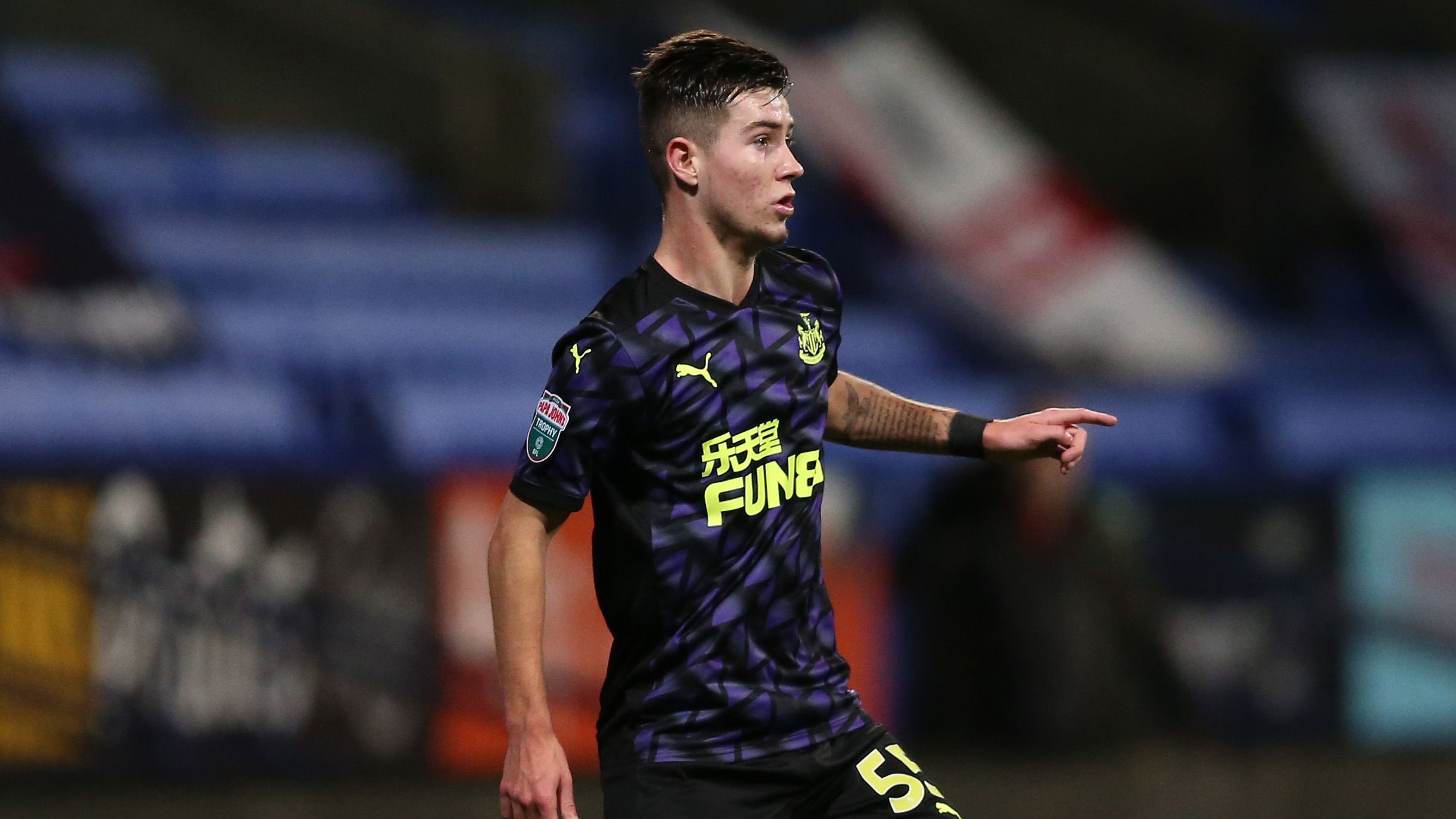
Stan Flaherty
Attacking midfielder who departed for Newcastle, and is now at Queens Park Rangers in the Championship.
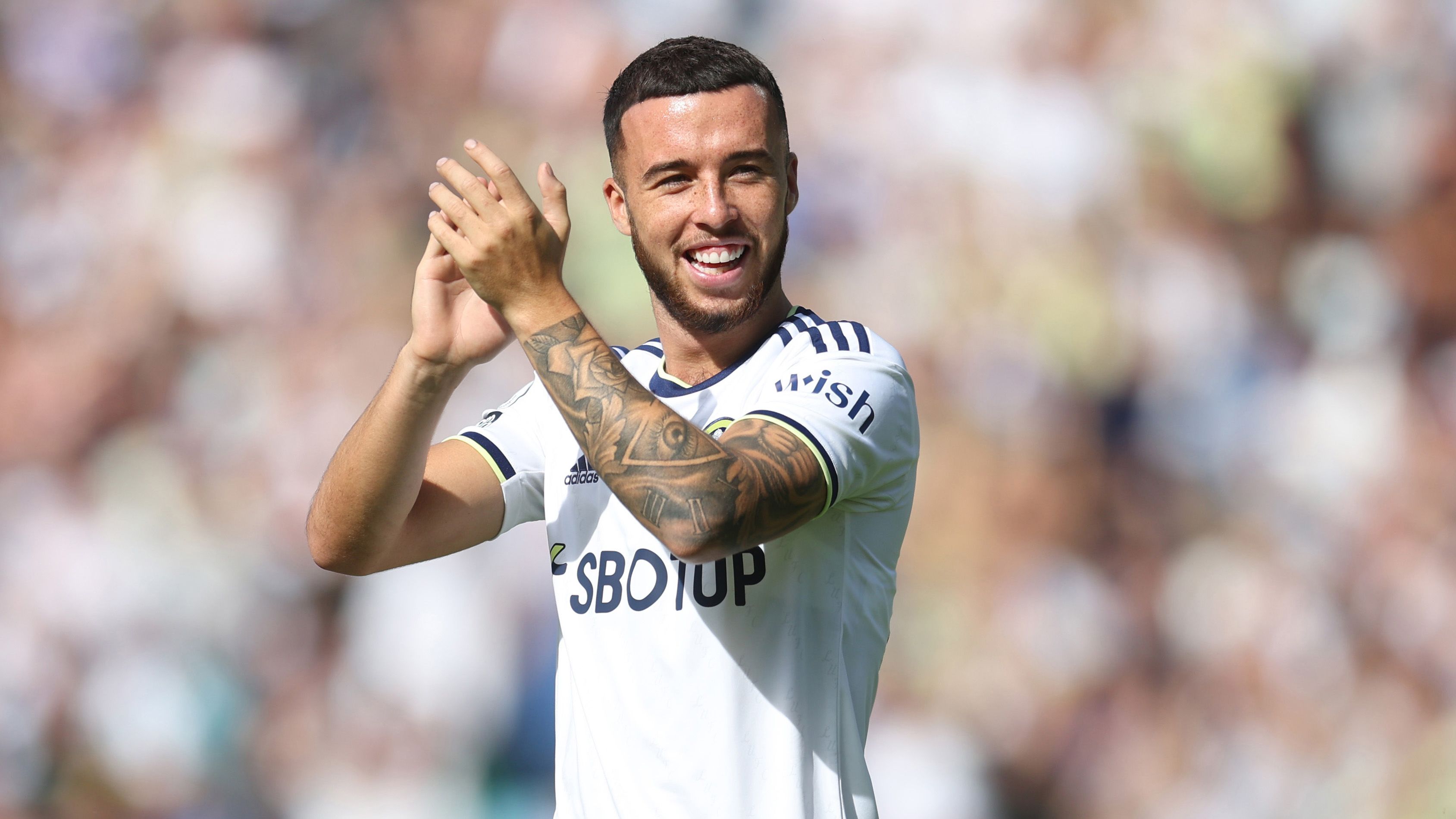
Sam Greenwood
England youth international midfielder/forward who left for Leeds United in 2020, scored his first Premier League goal earlier this season.
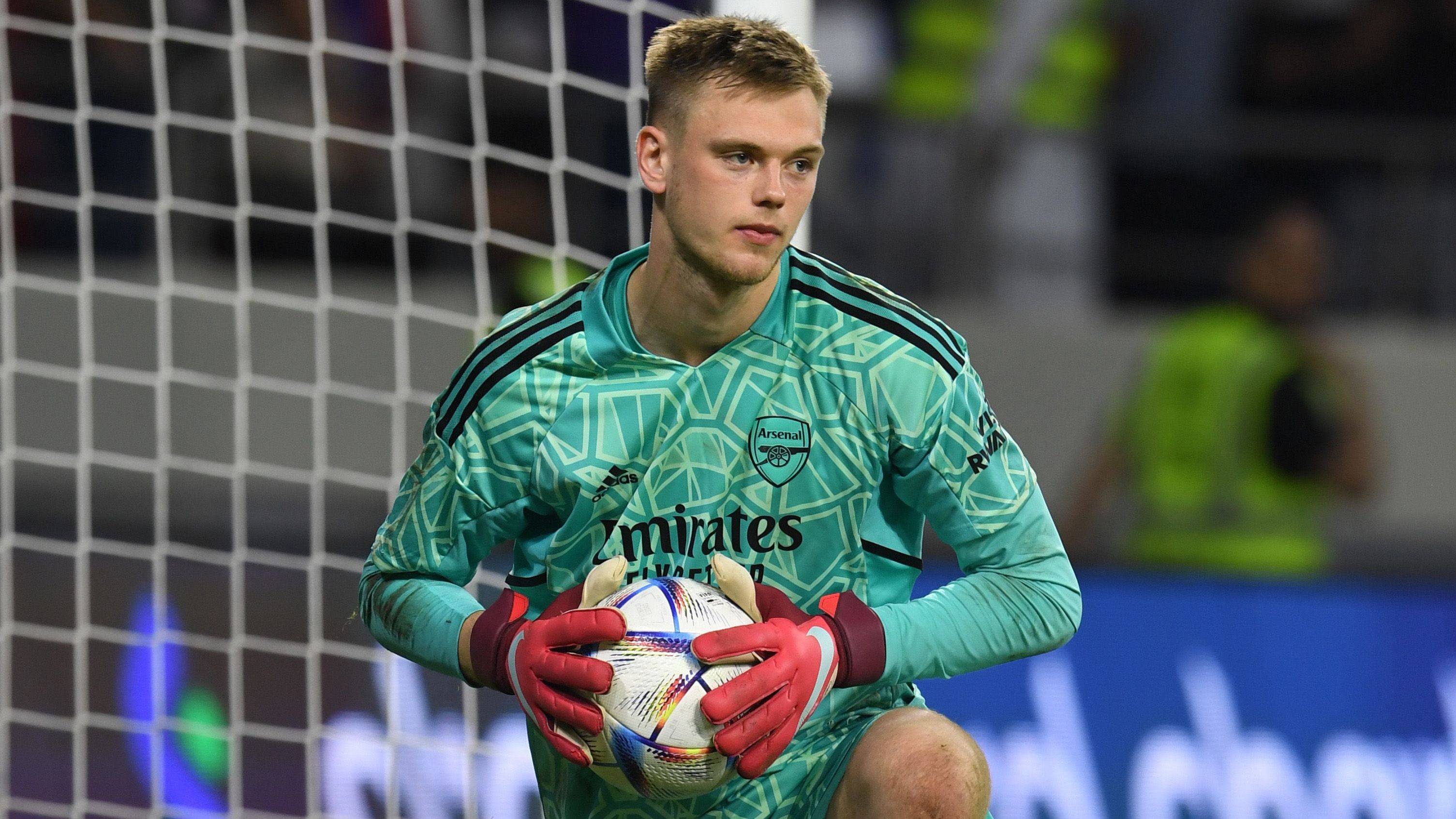
Karl Hein
Goalkeeper who is a full Estonia international and made his Arsenal first-team debut earlier this season against Brighton in the Carabao Cup.
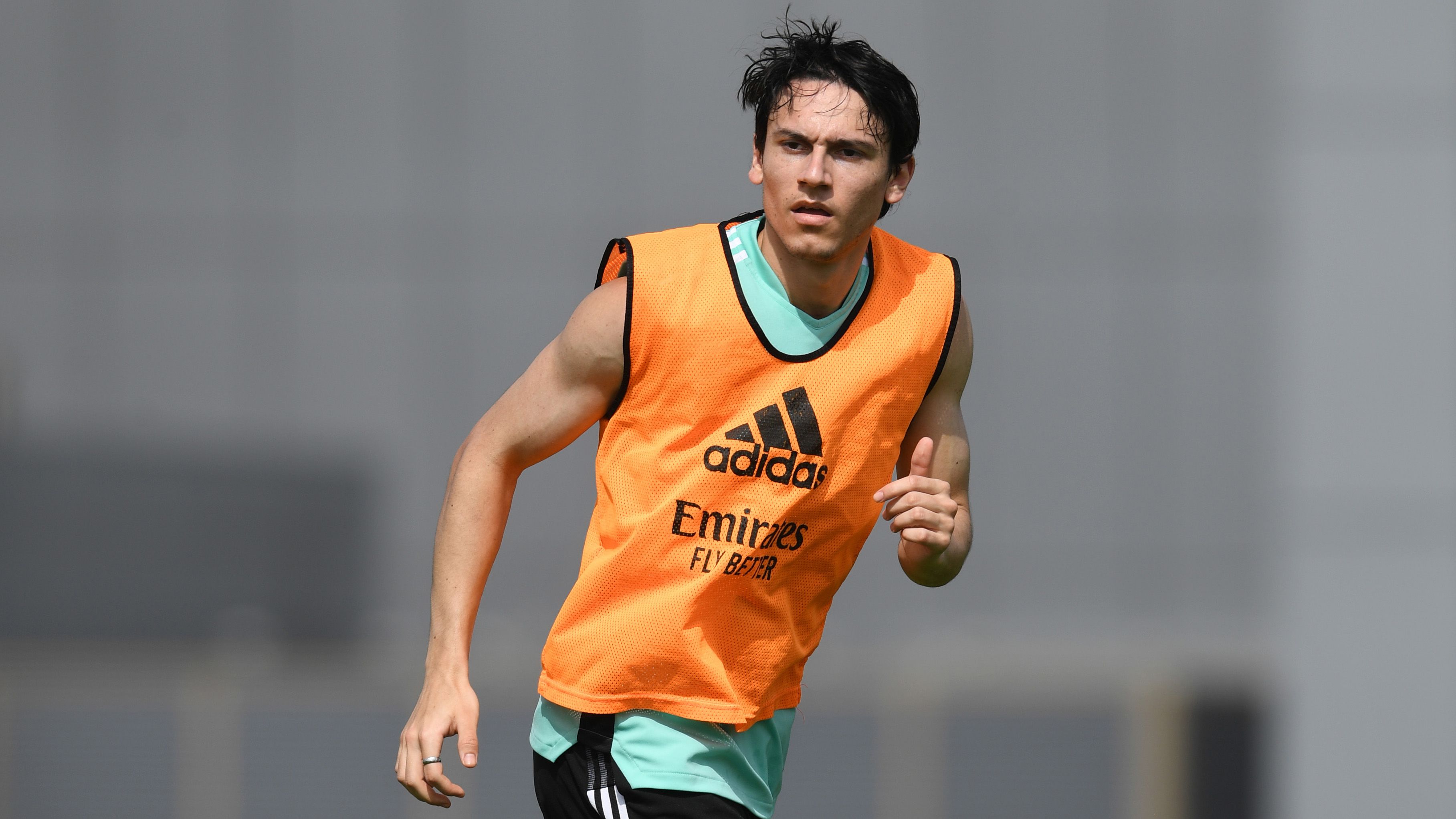
Joel Lopez
Spanish left-back who left us at the start of the season to join Cultural Leonesa in the Spanish third tier.
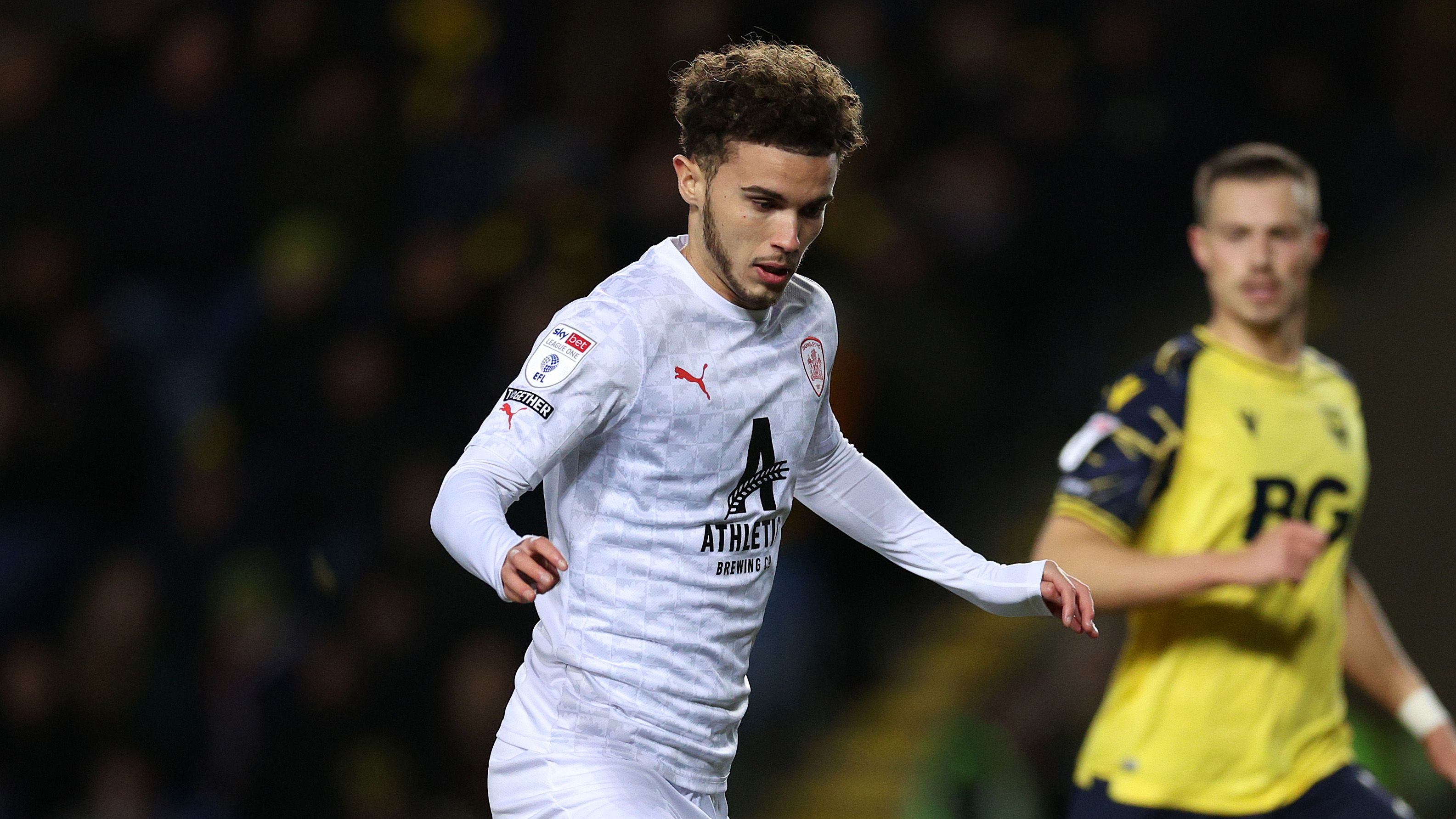
Josh Martin
Left-winger who joined Norwich in 2020. Was on loan to Barnsley in League One in 2022/23.
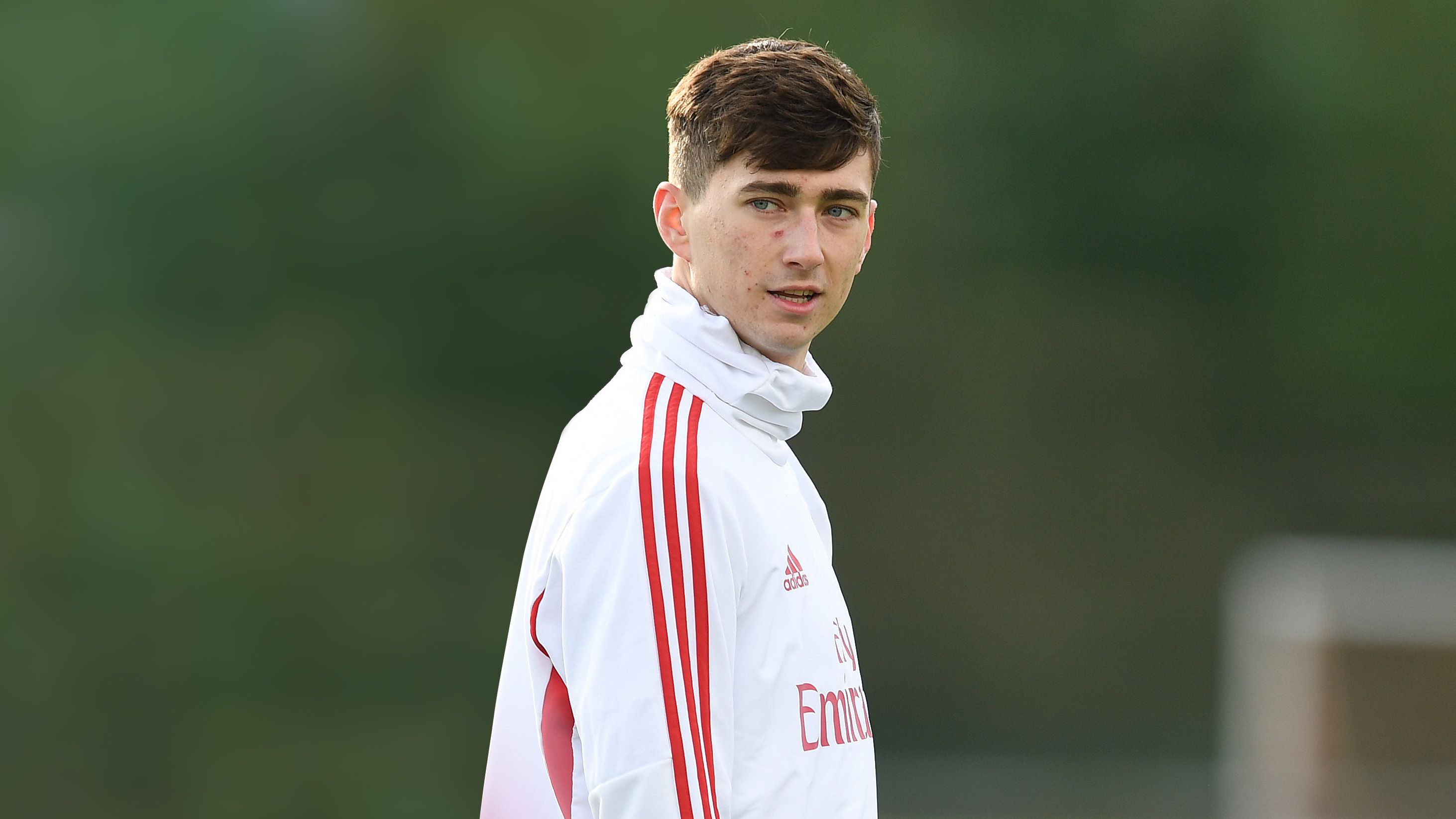
Alfie Matthews
Striker who joined Crystal Palace in 2020, and is now playing for Braintree Town in National League South.
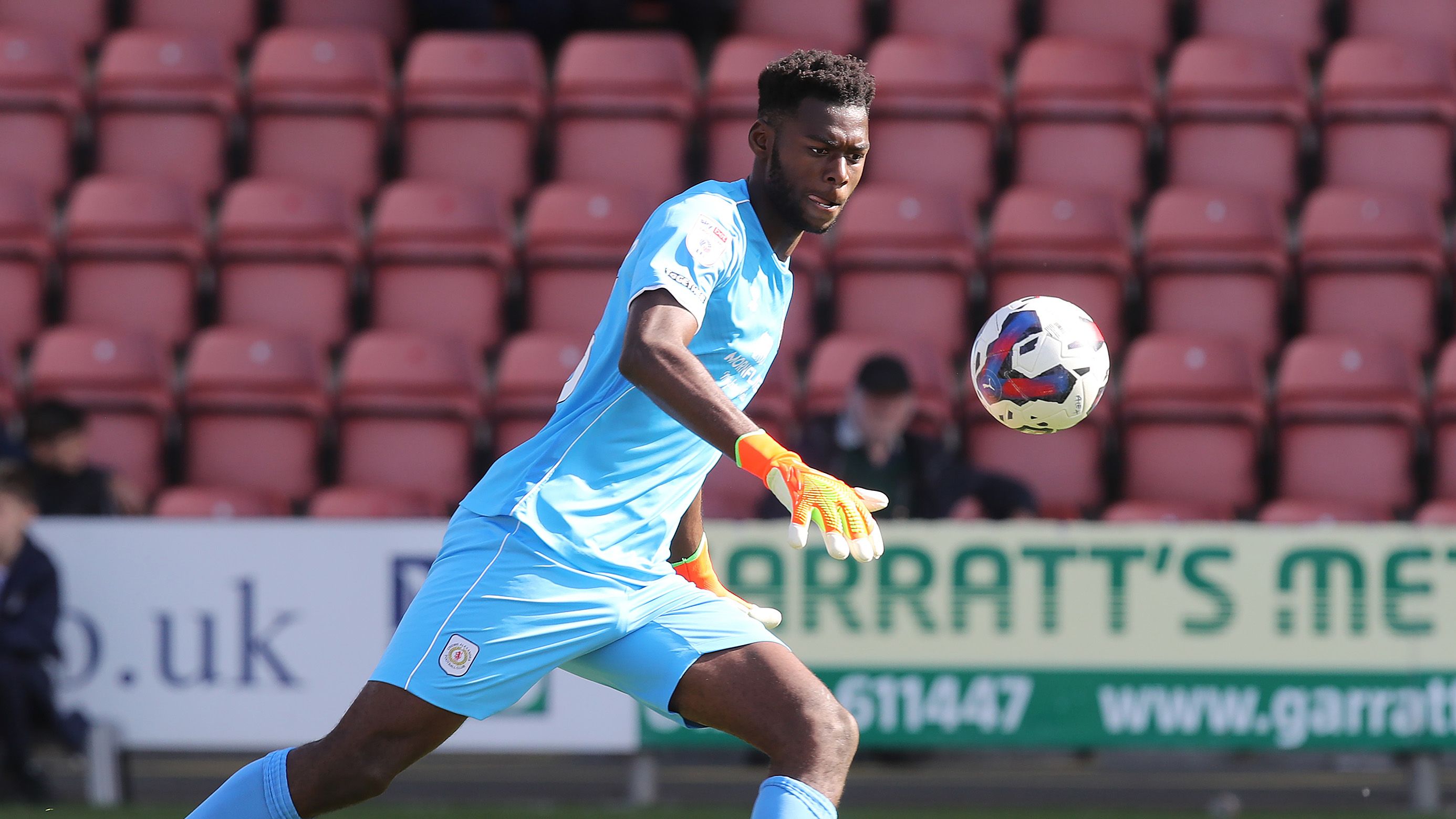
Arthur Okonkwo
Goalkeeper still with the club, was sent out on loan to Sturm Graz in the Austrian Bundesliga in 2022/23.
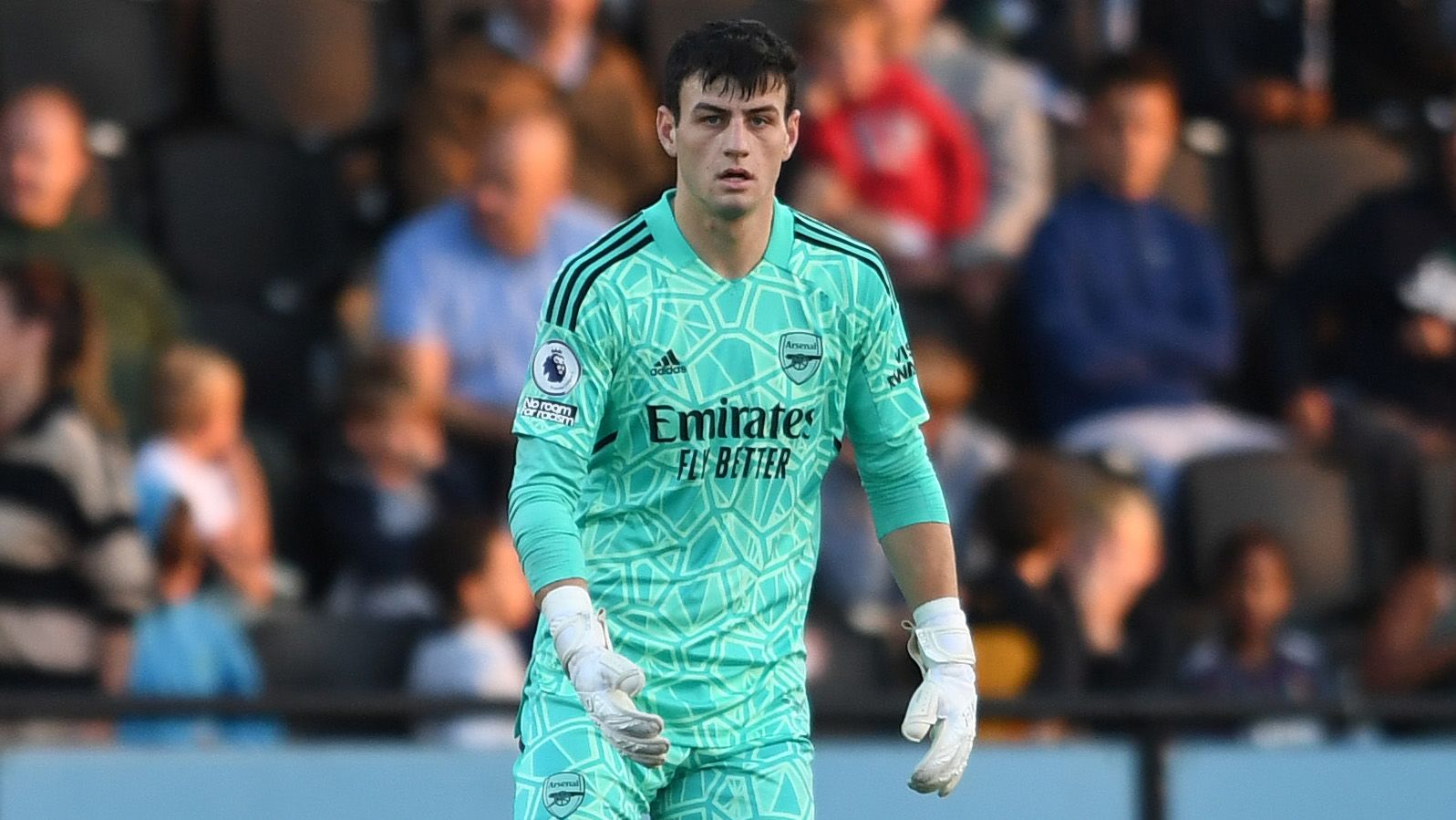
Thomas Smith
Another goalkeeper still at the club, having spent this season on loan at Colchester United in League Two, after previous spells with Salisbury Town, Dover Athletic, Welling United and Bromley.
